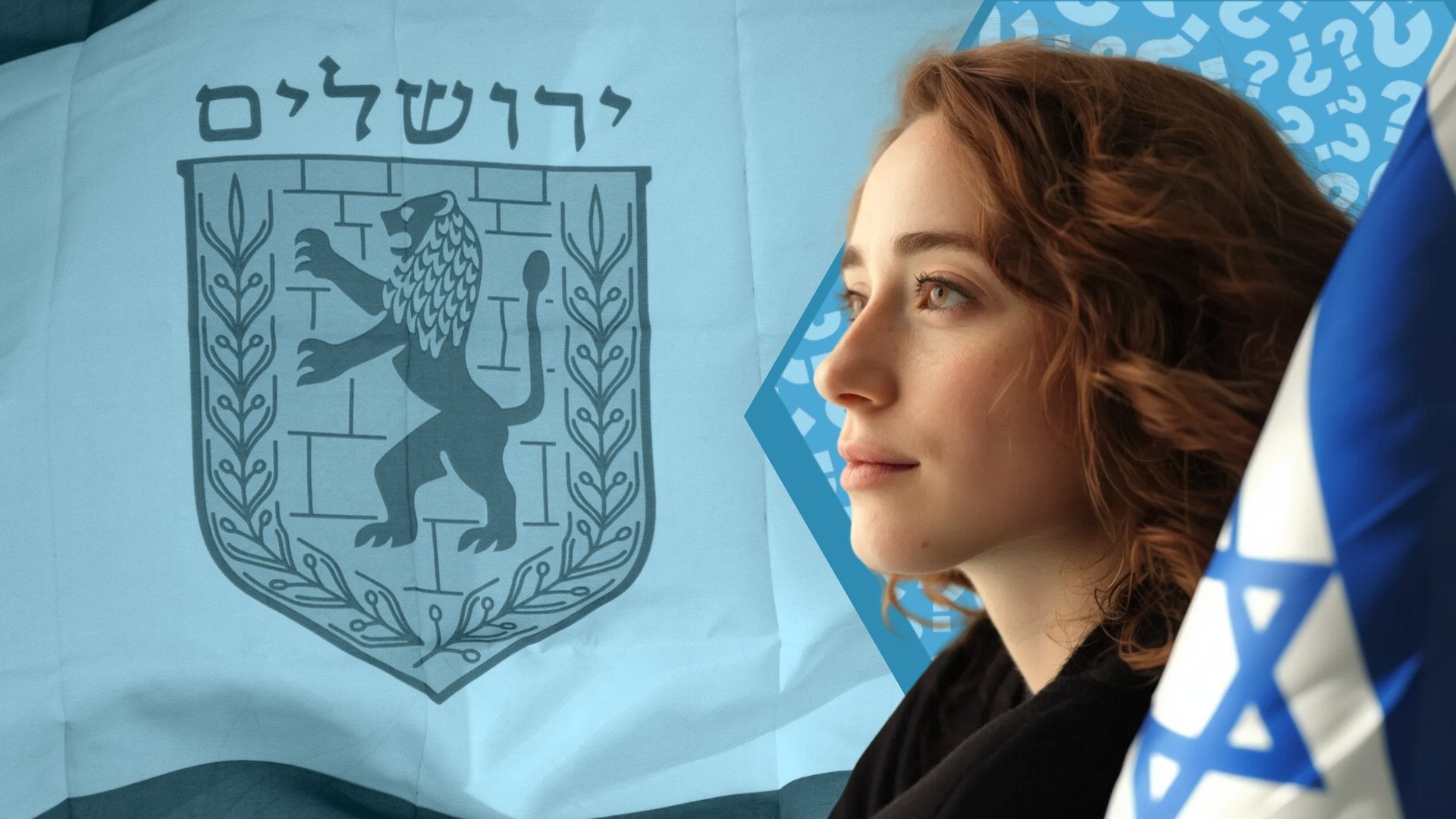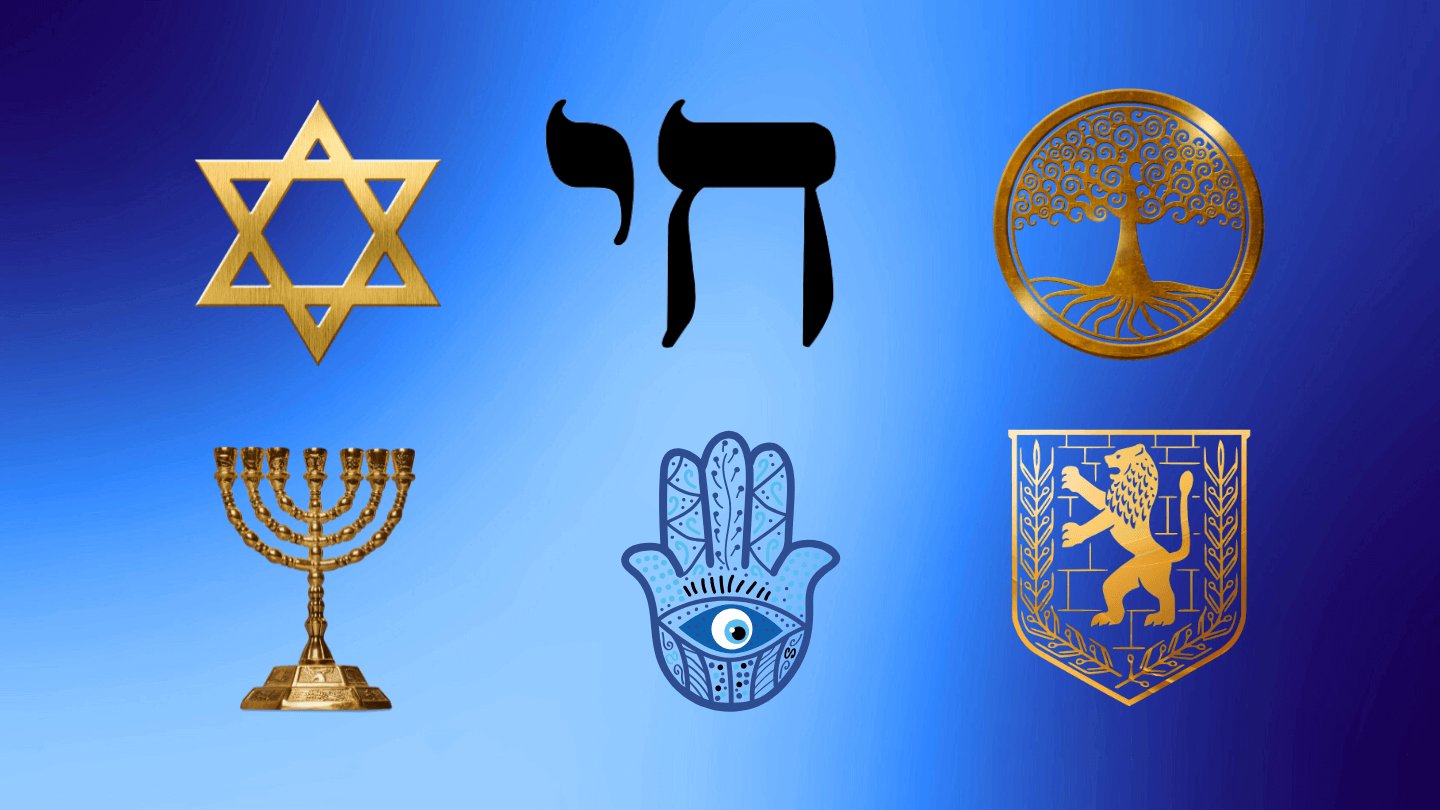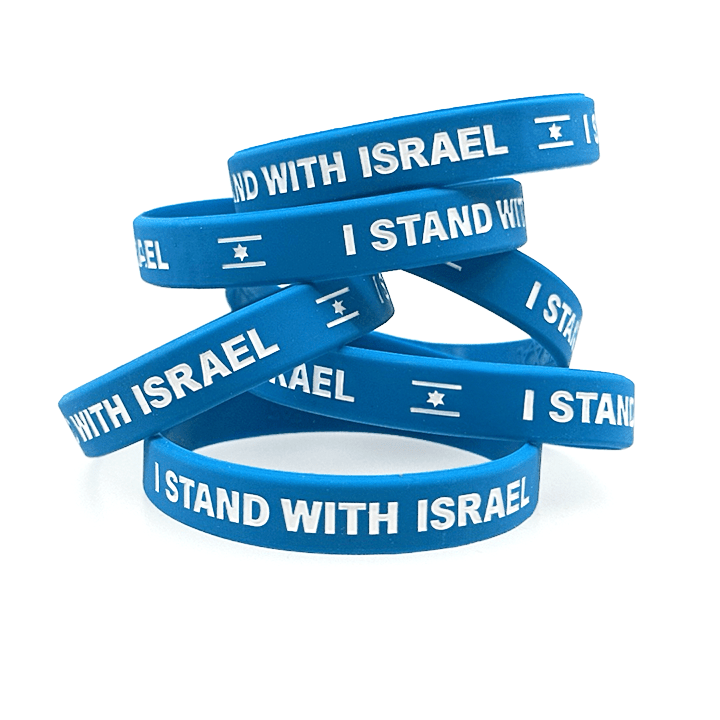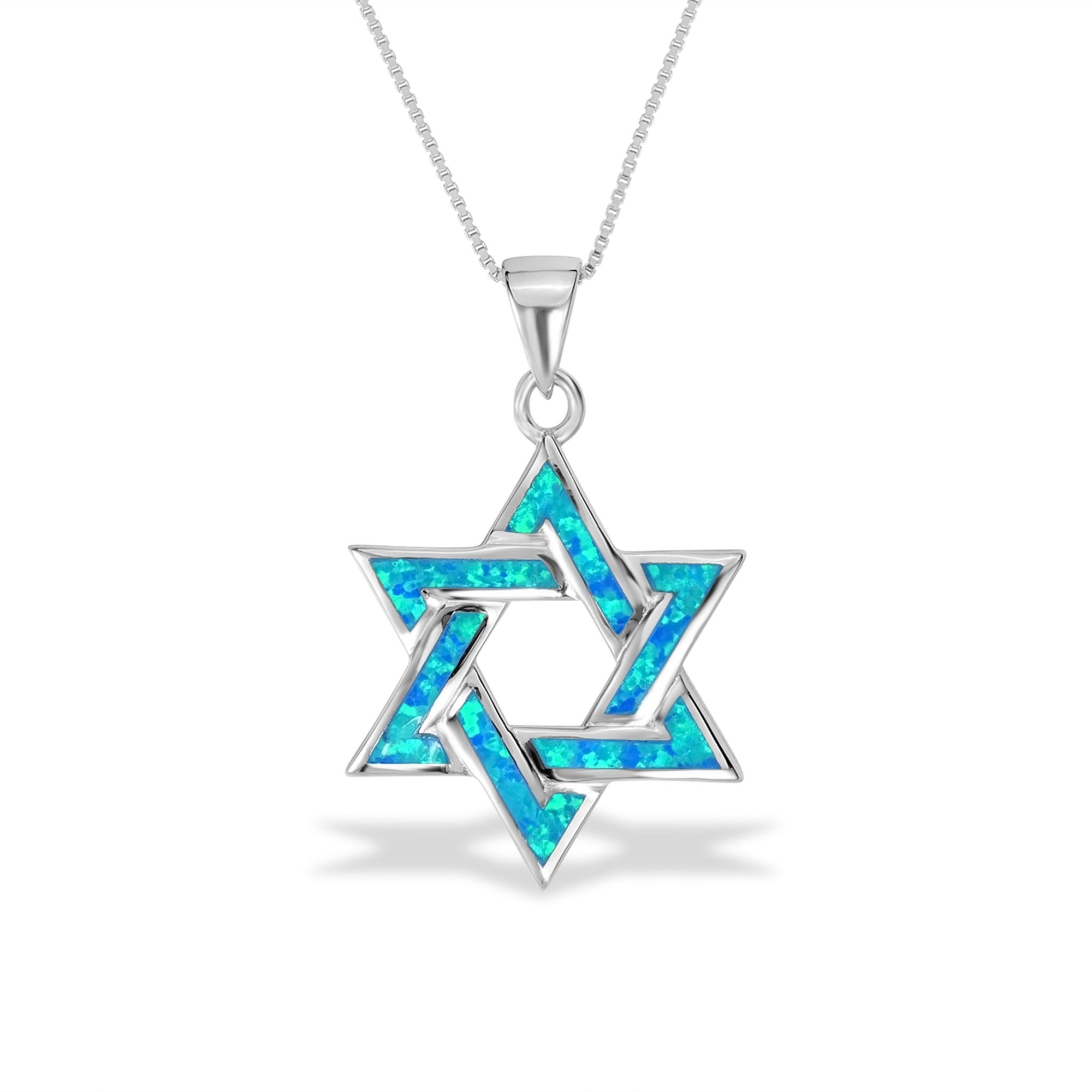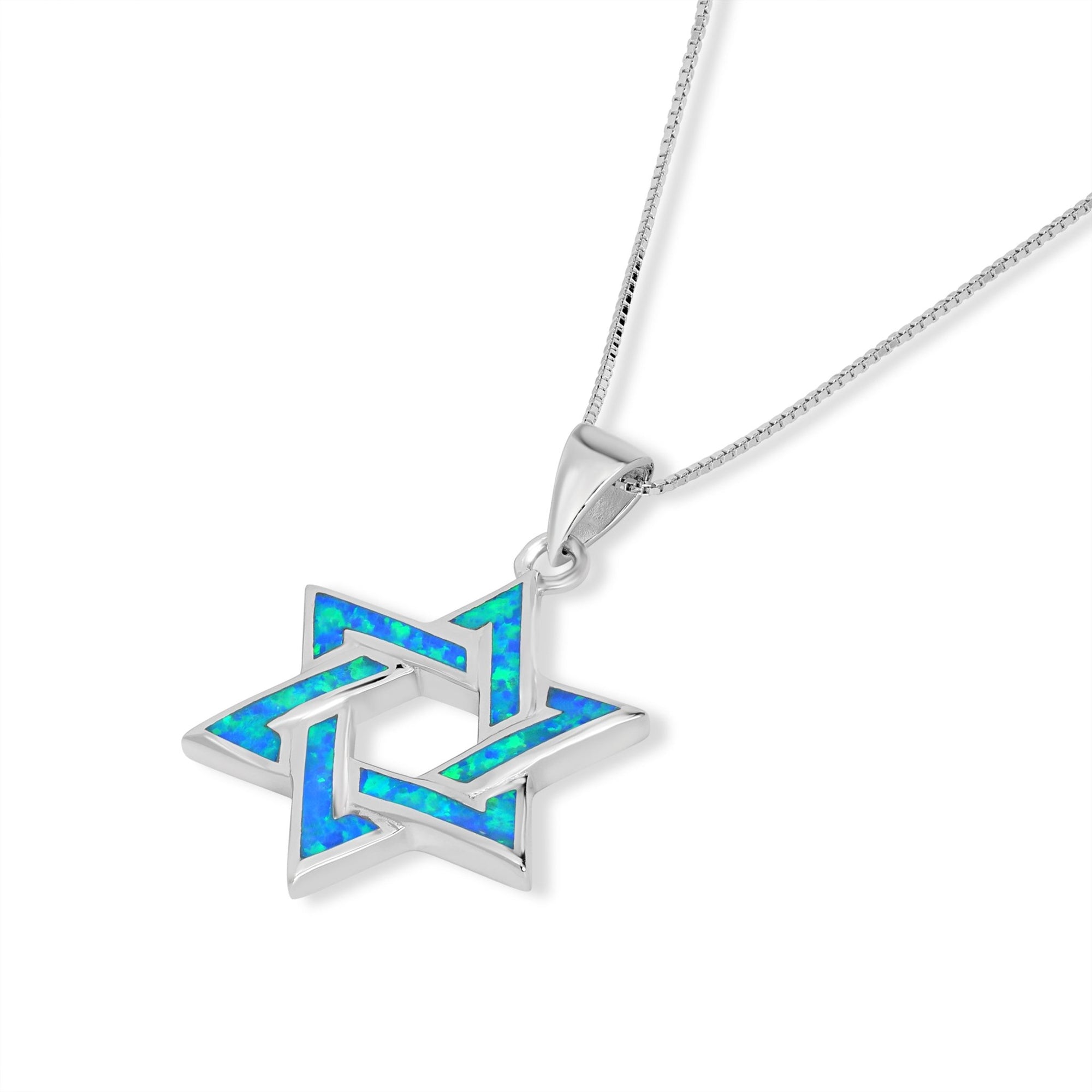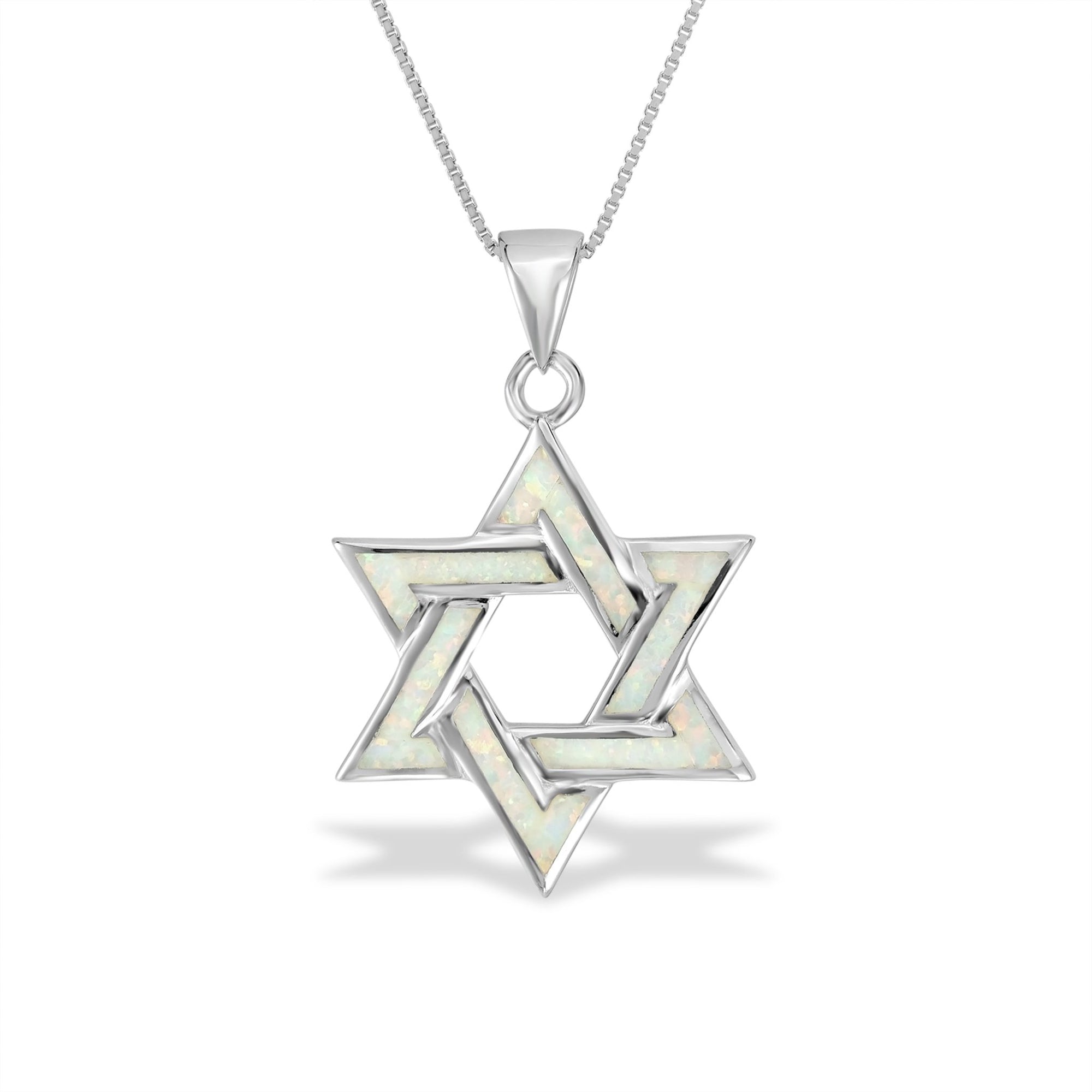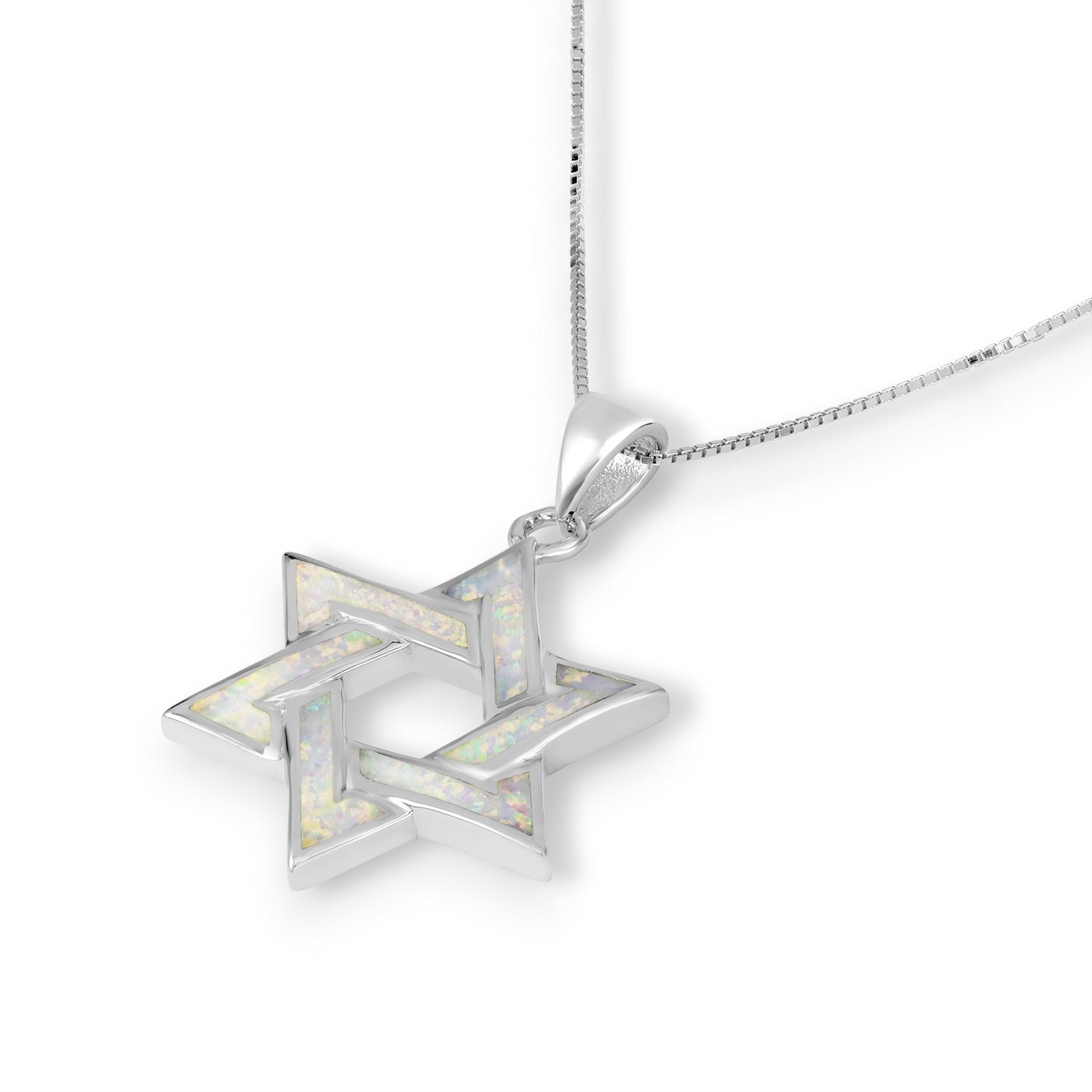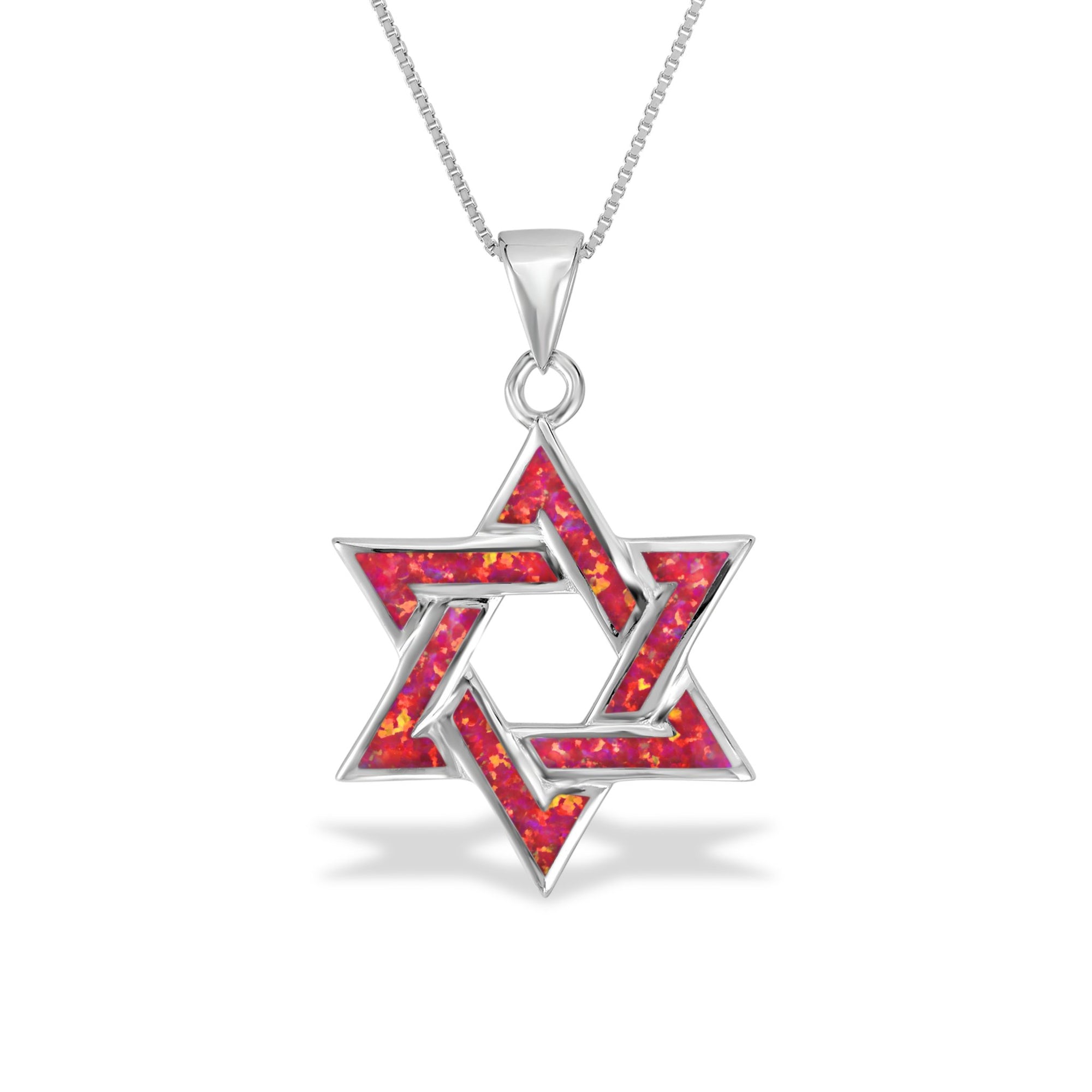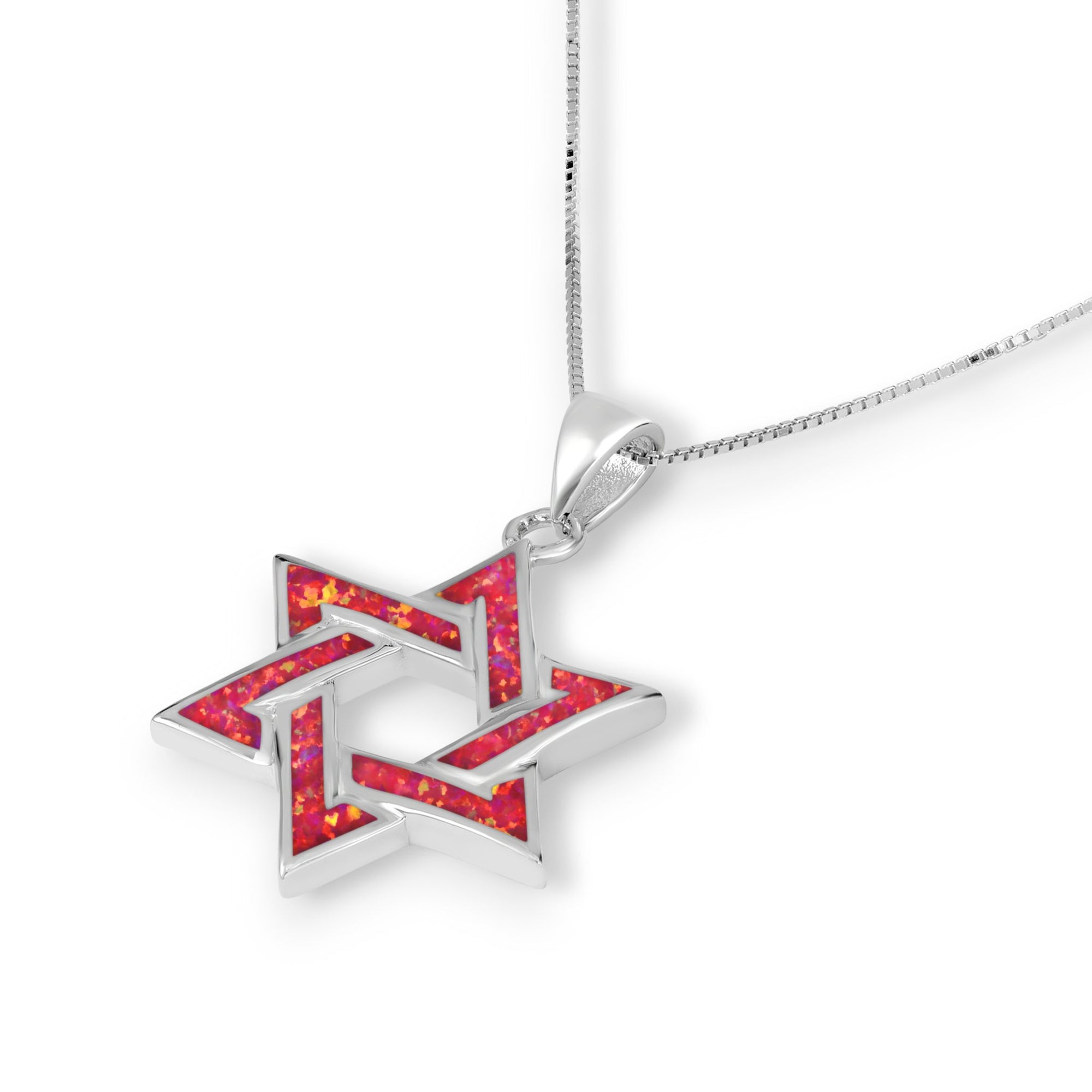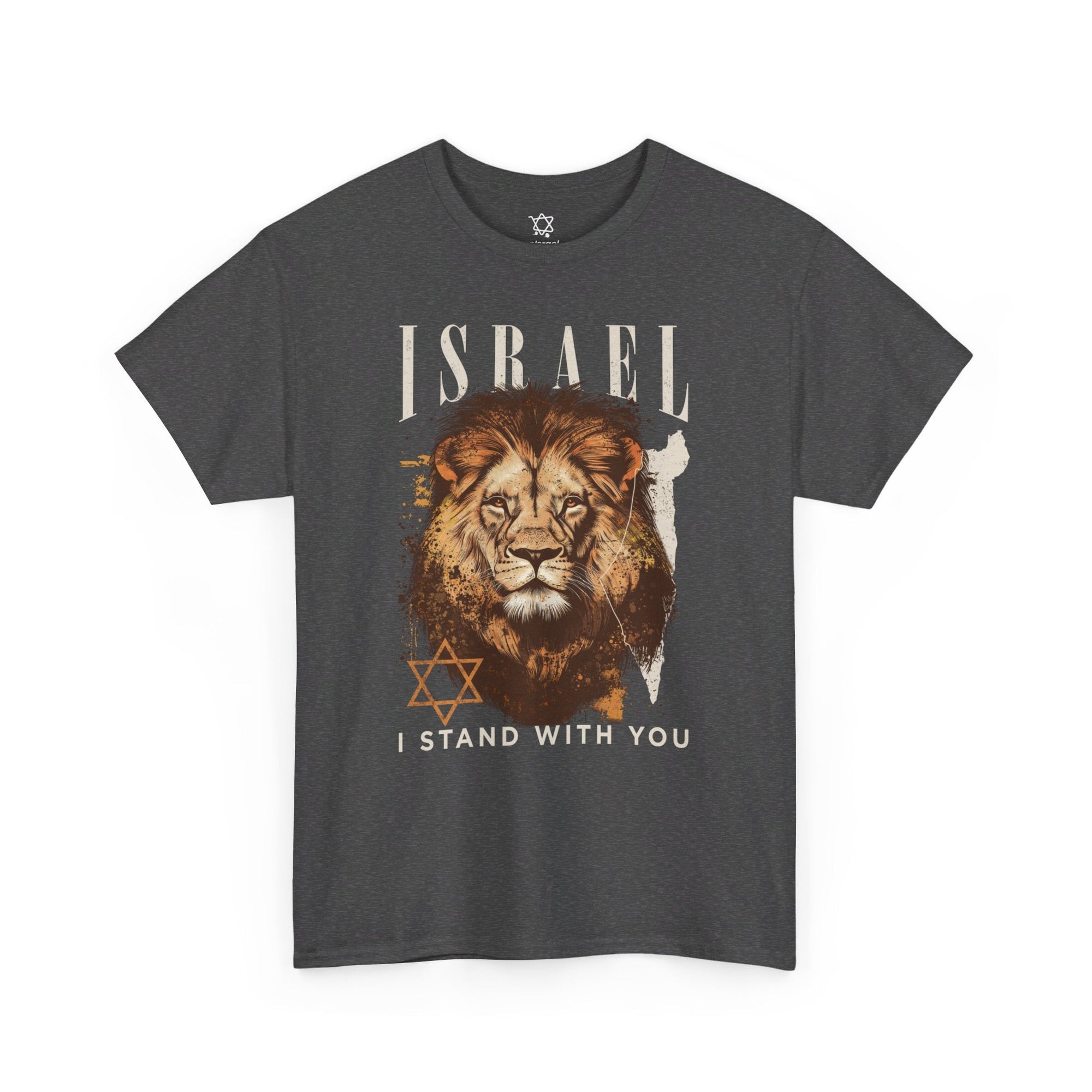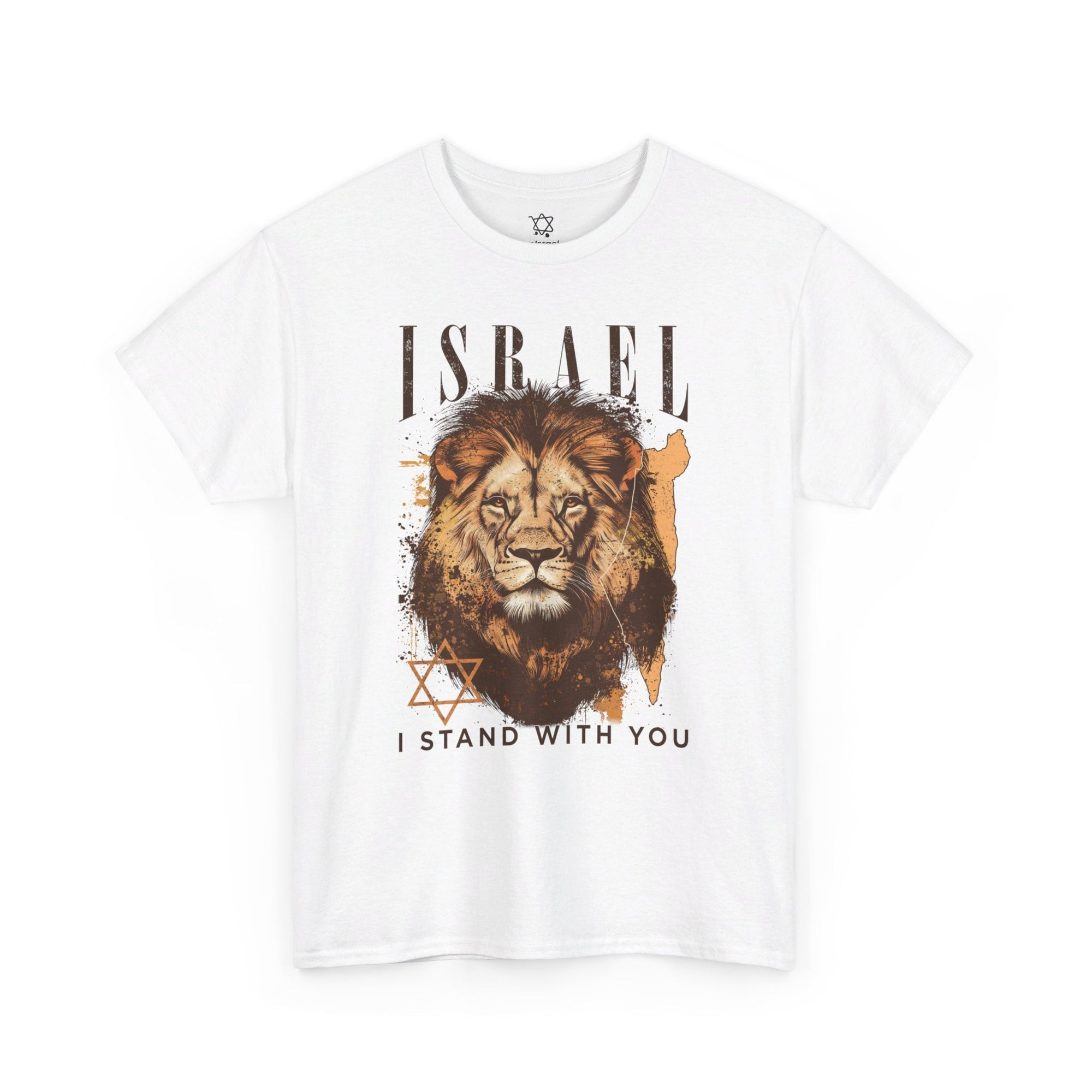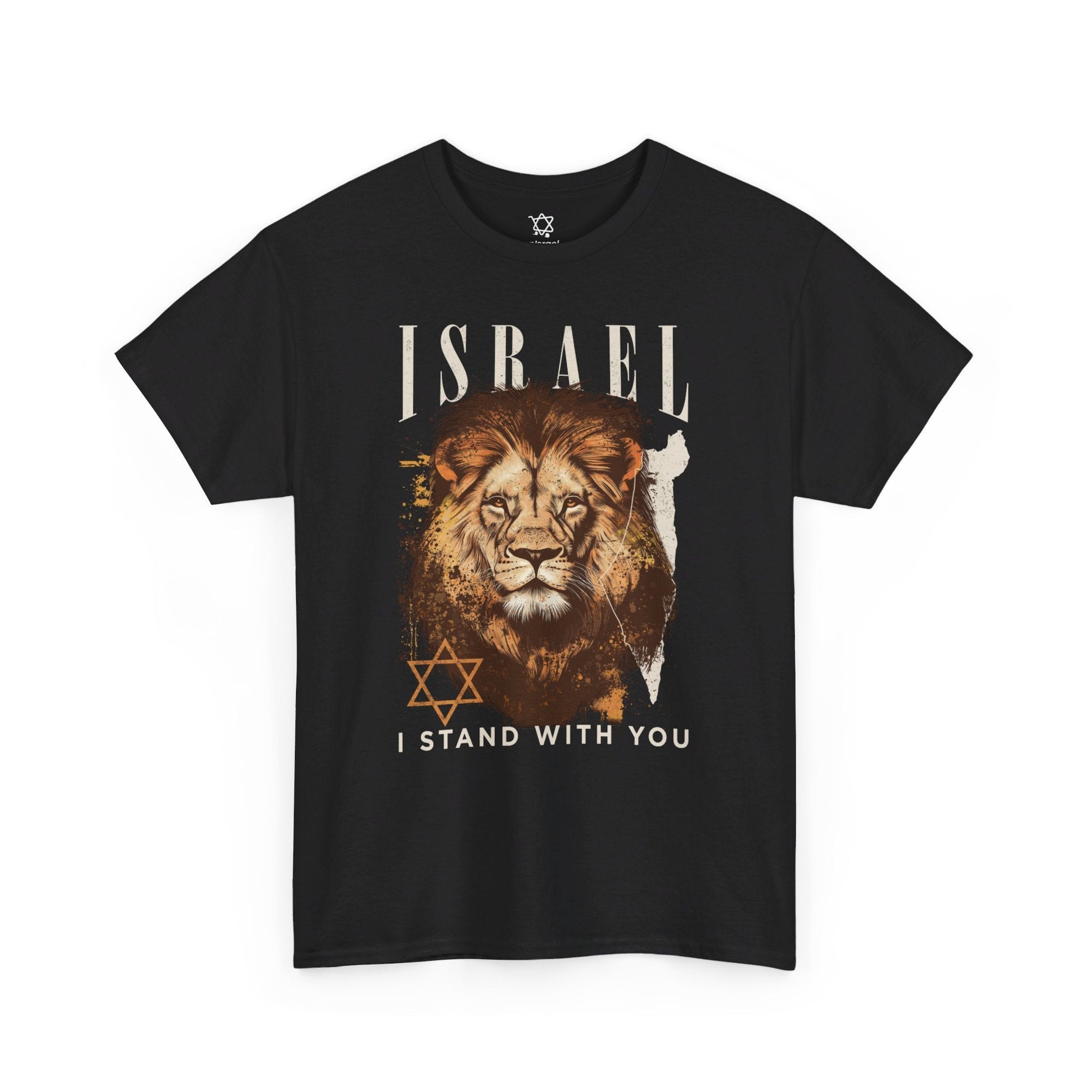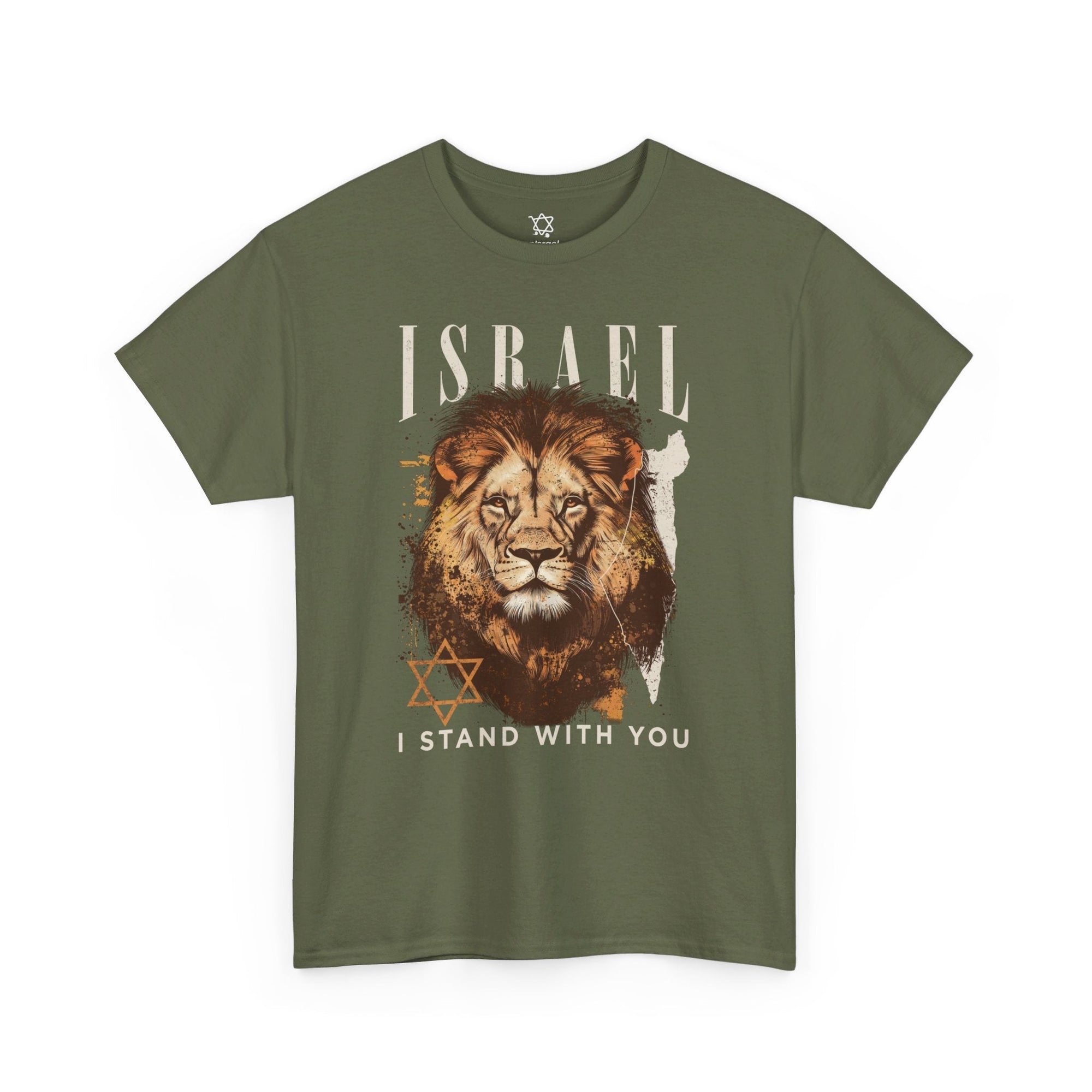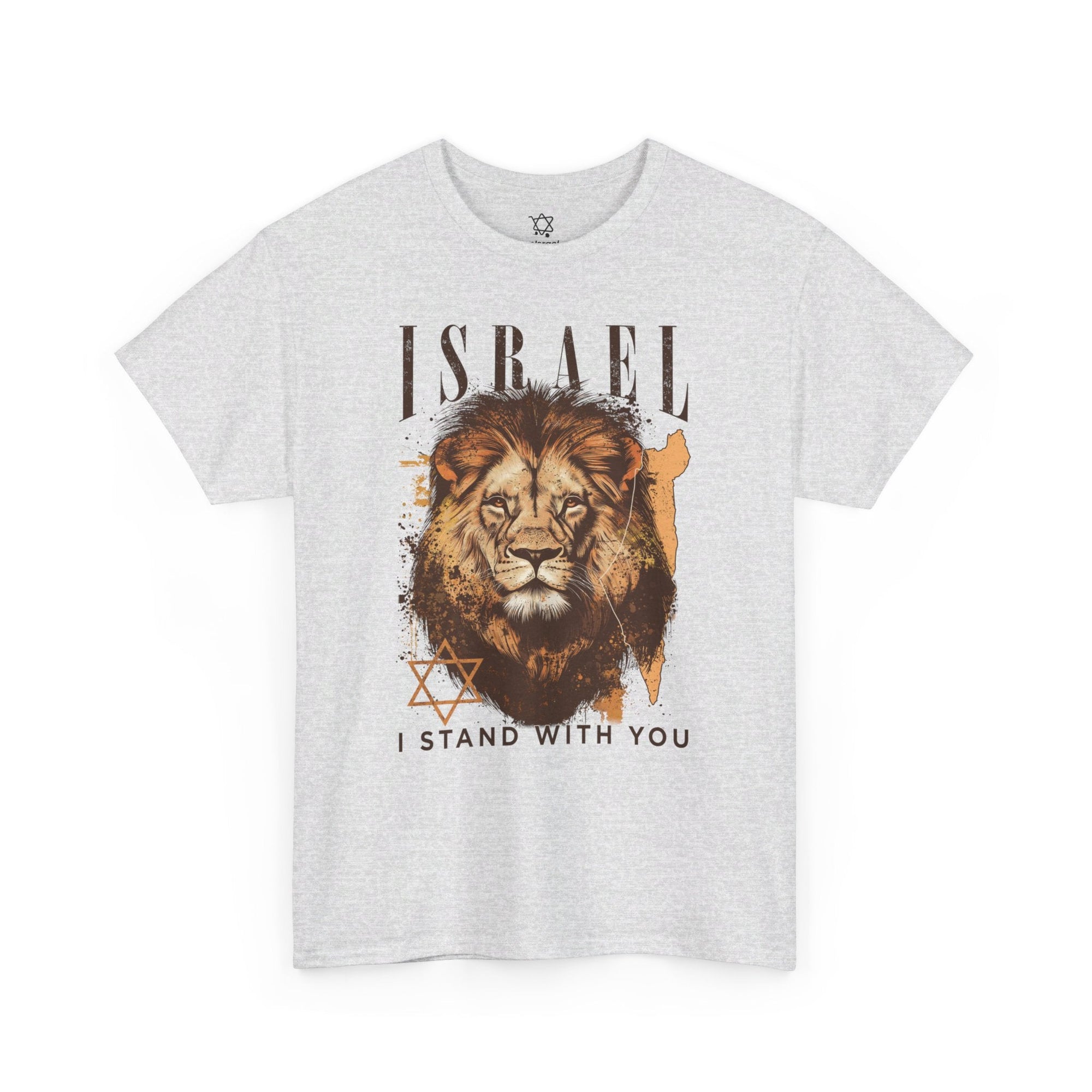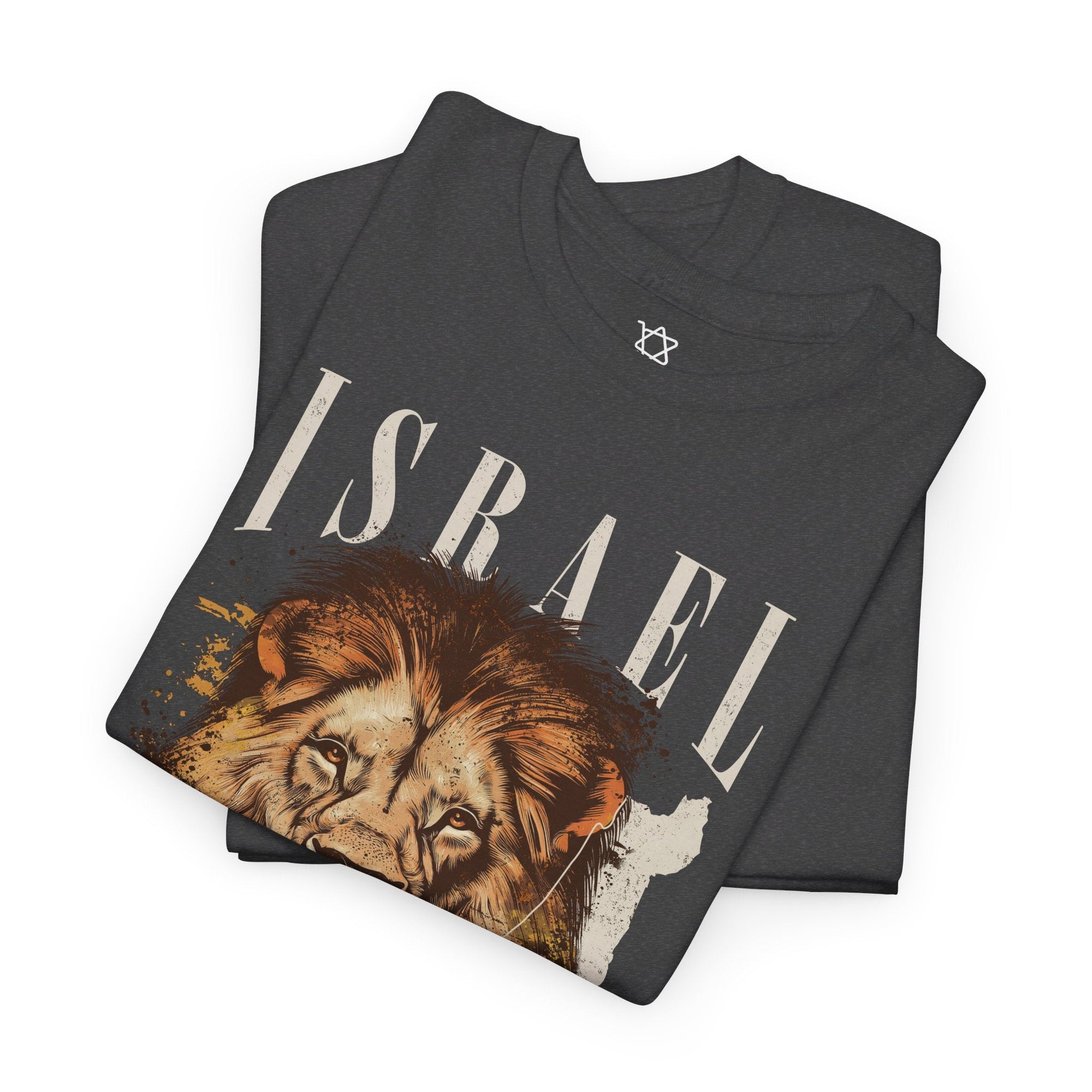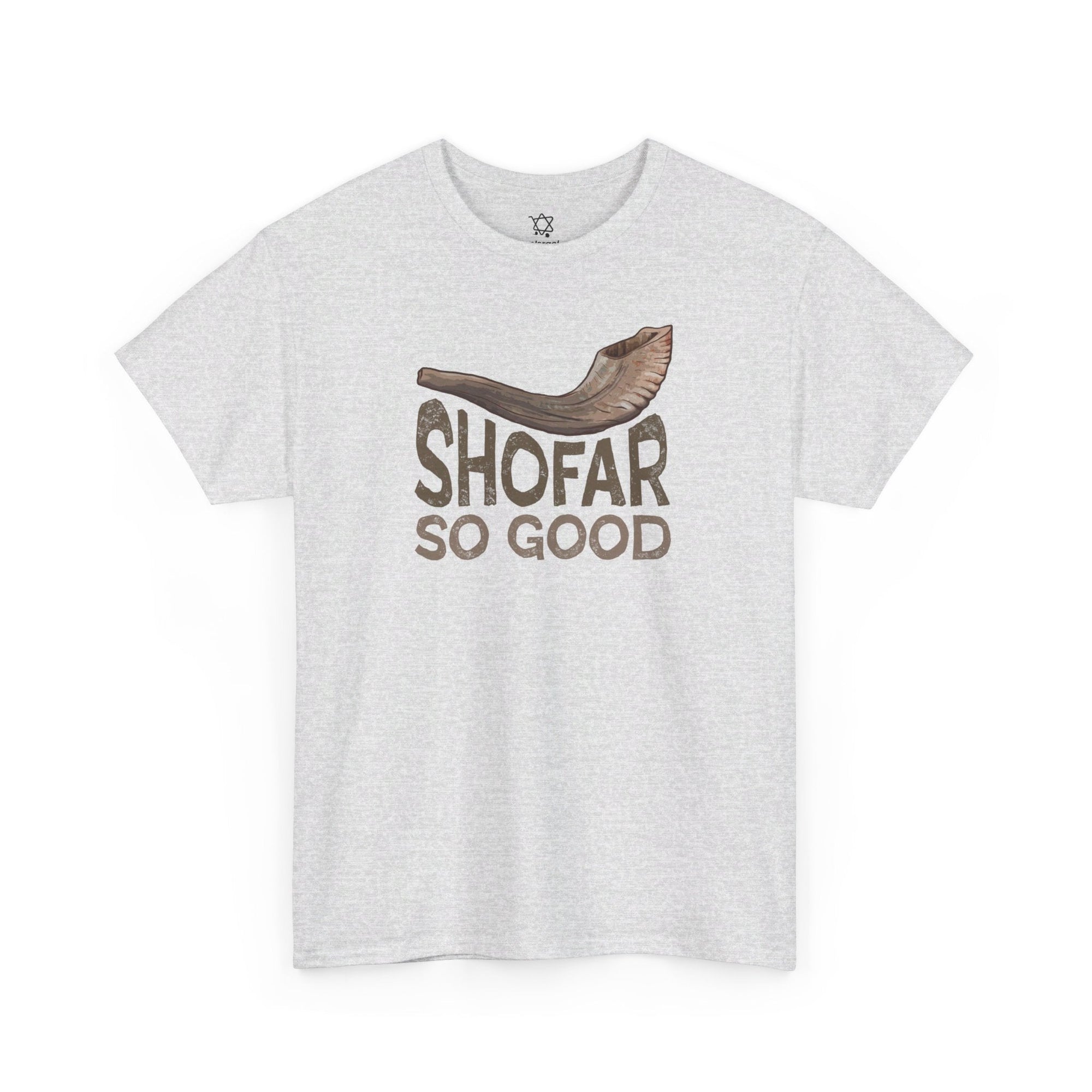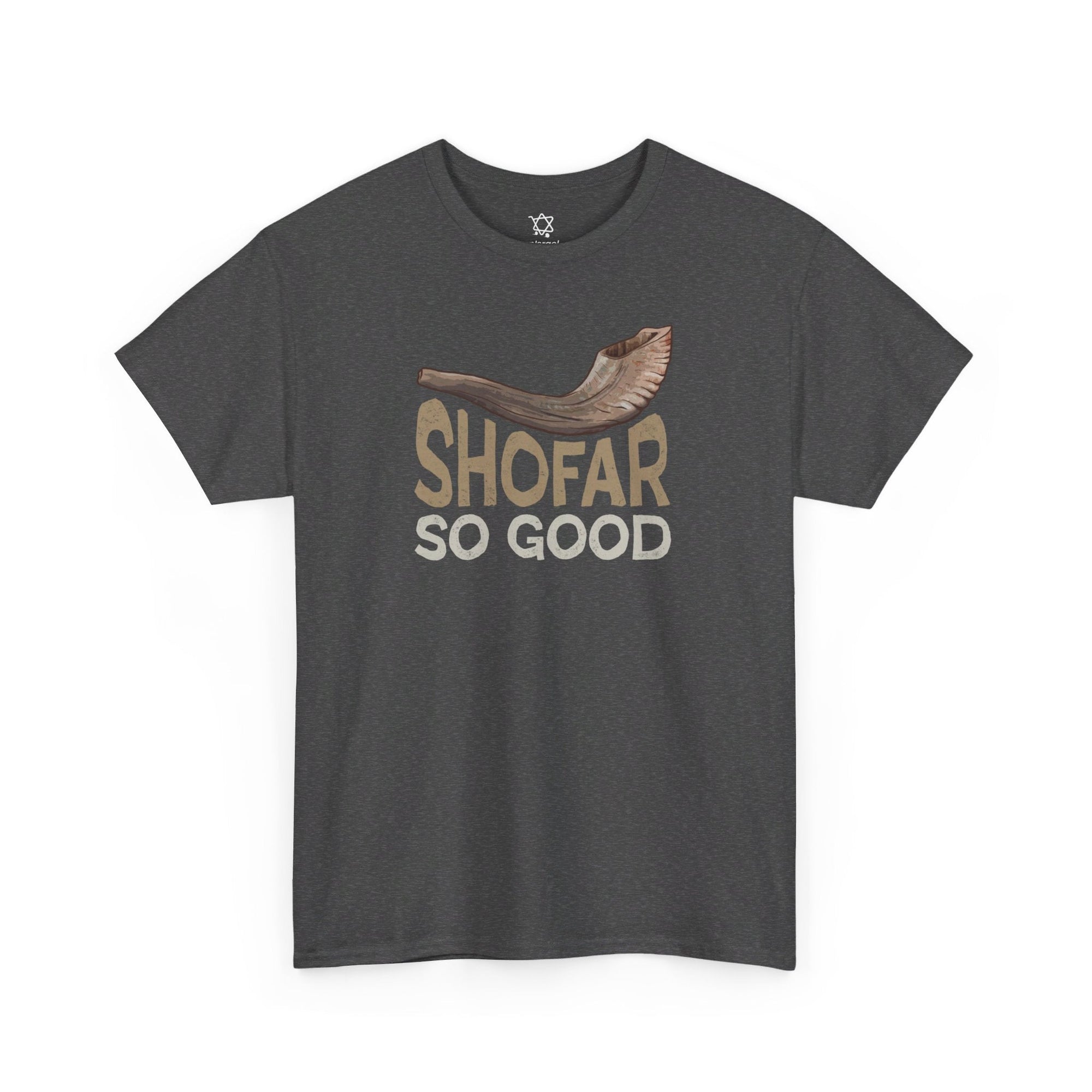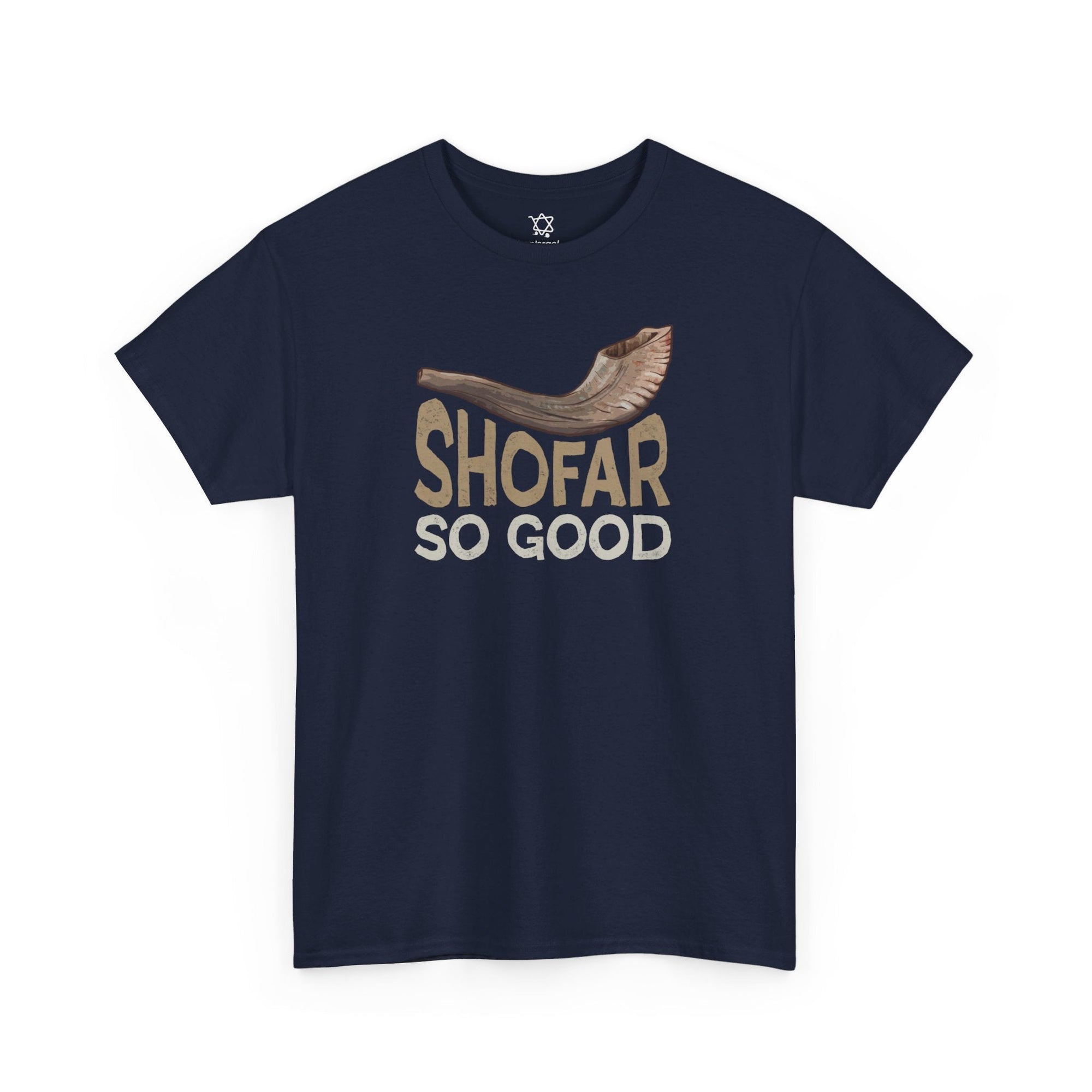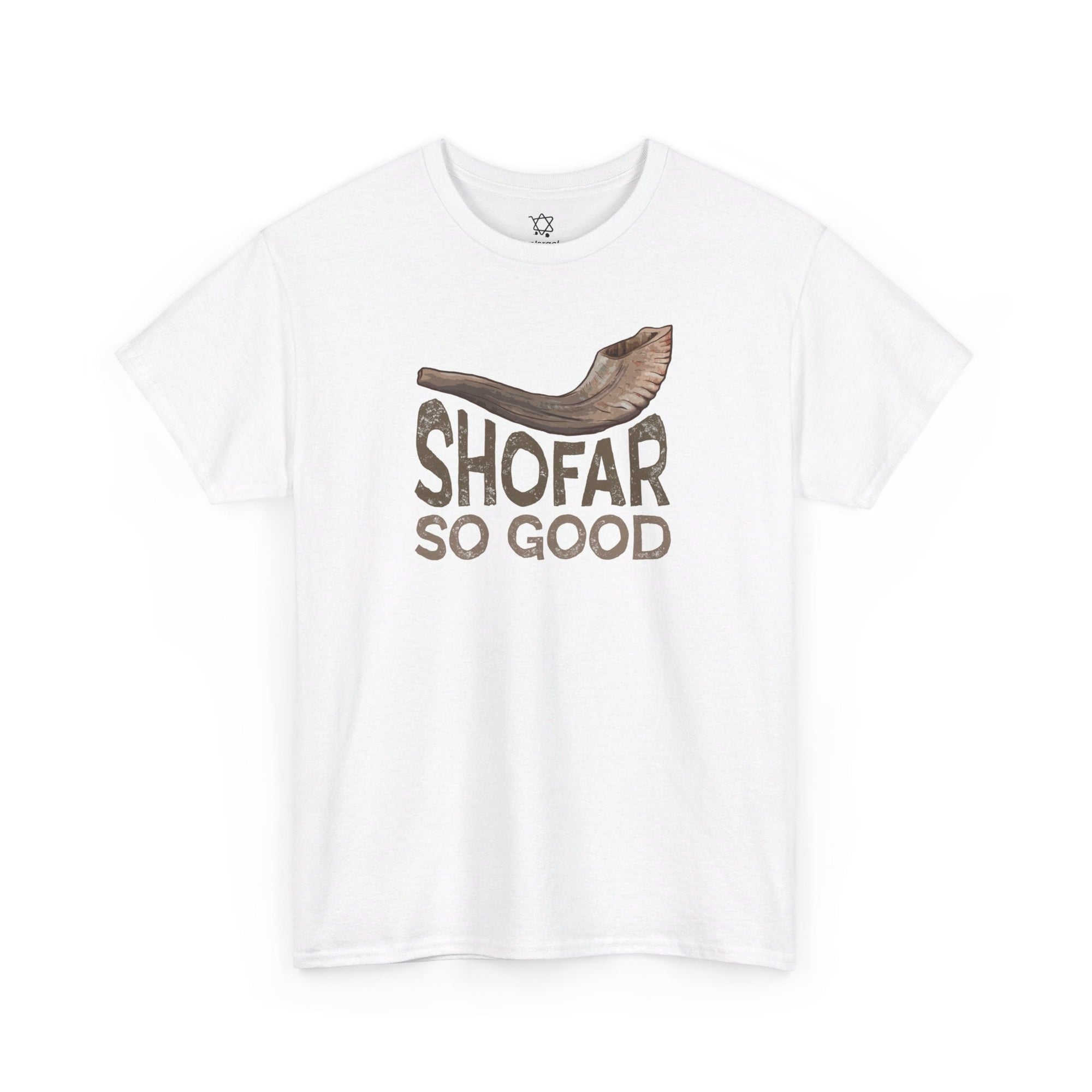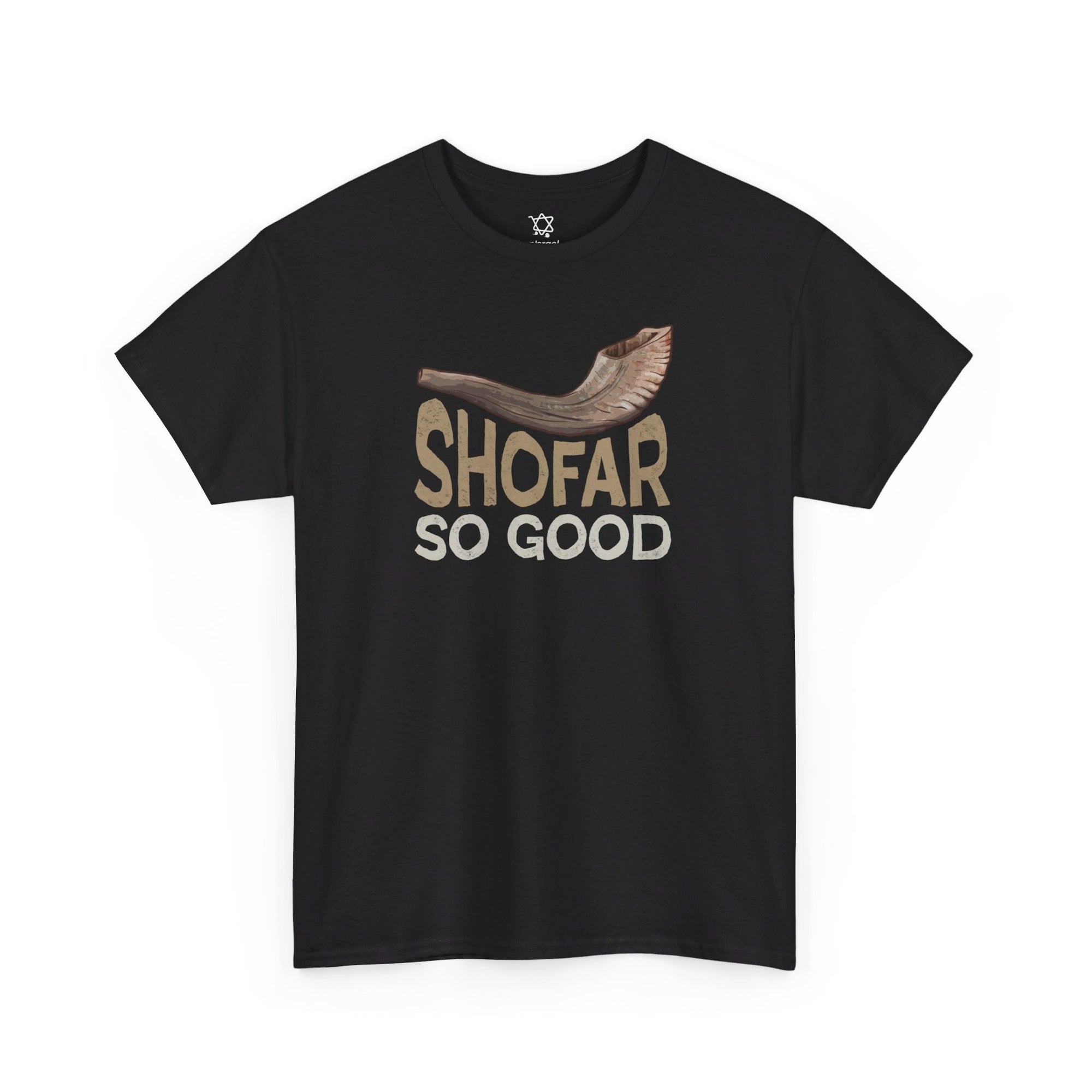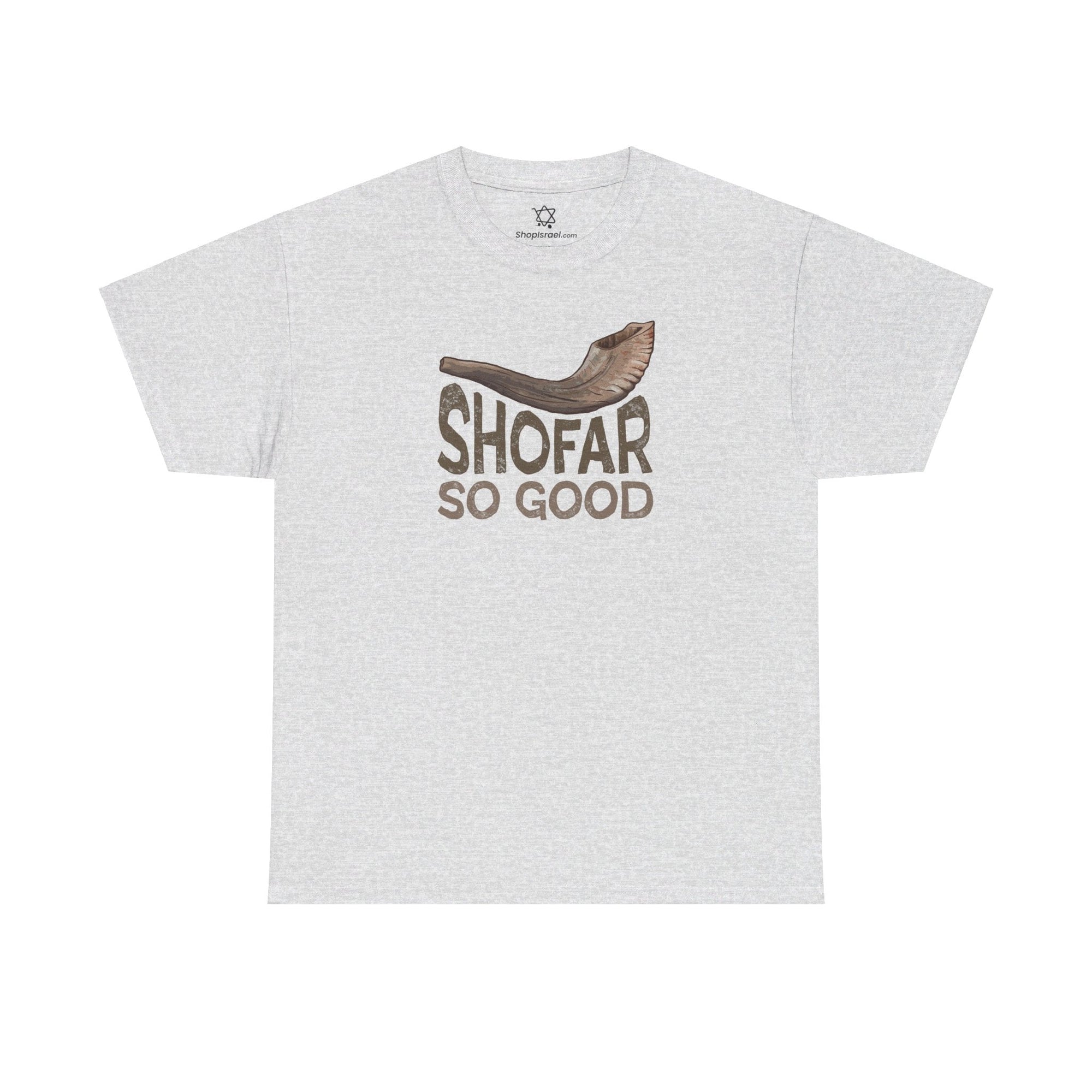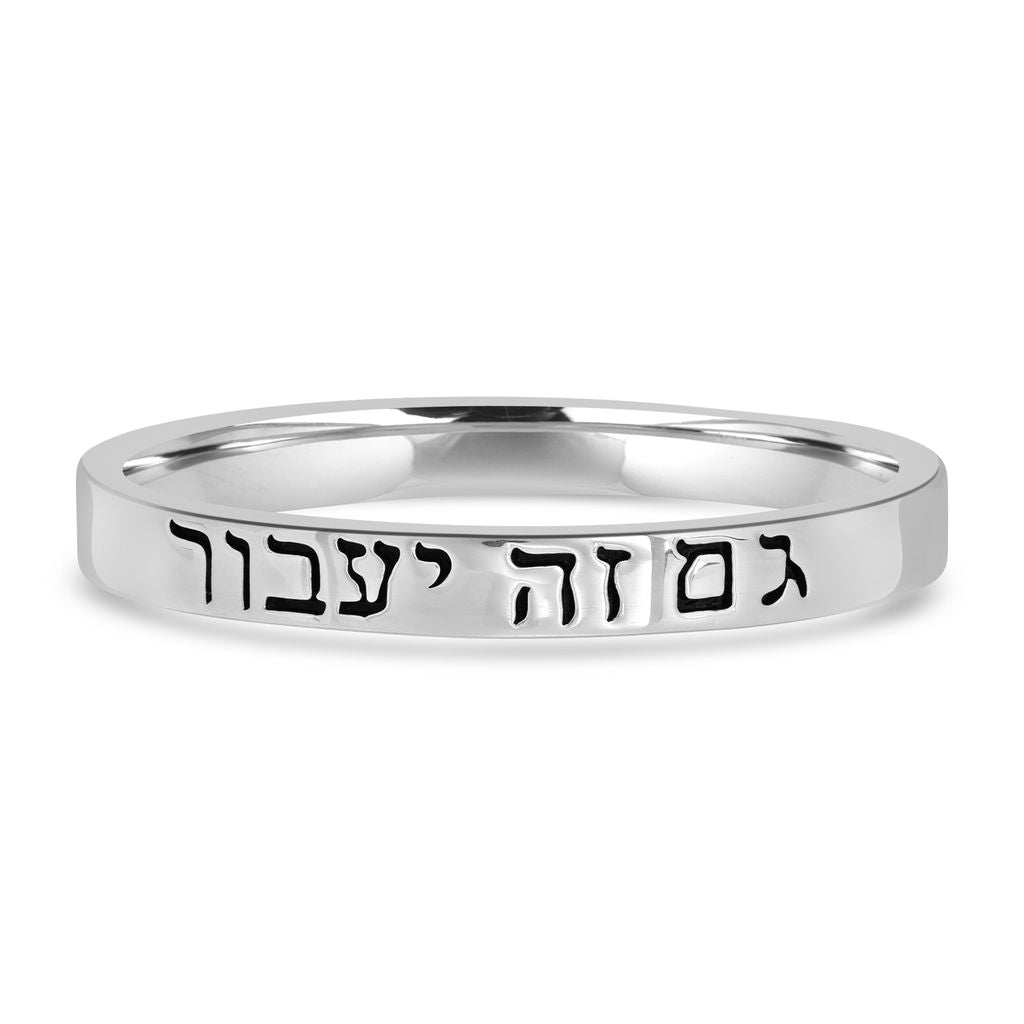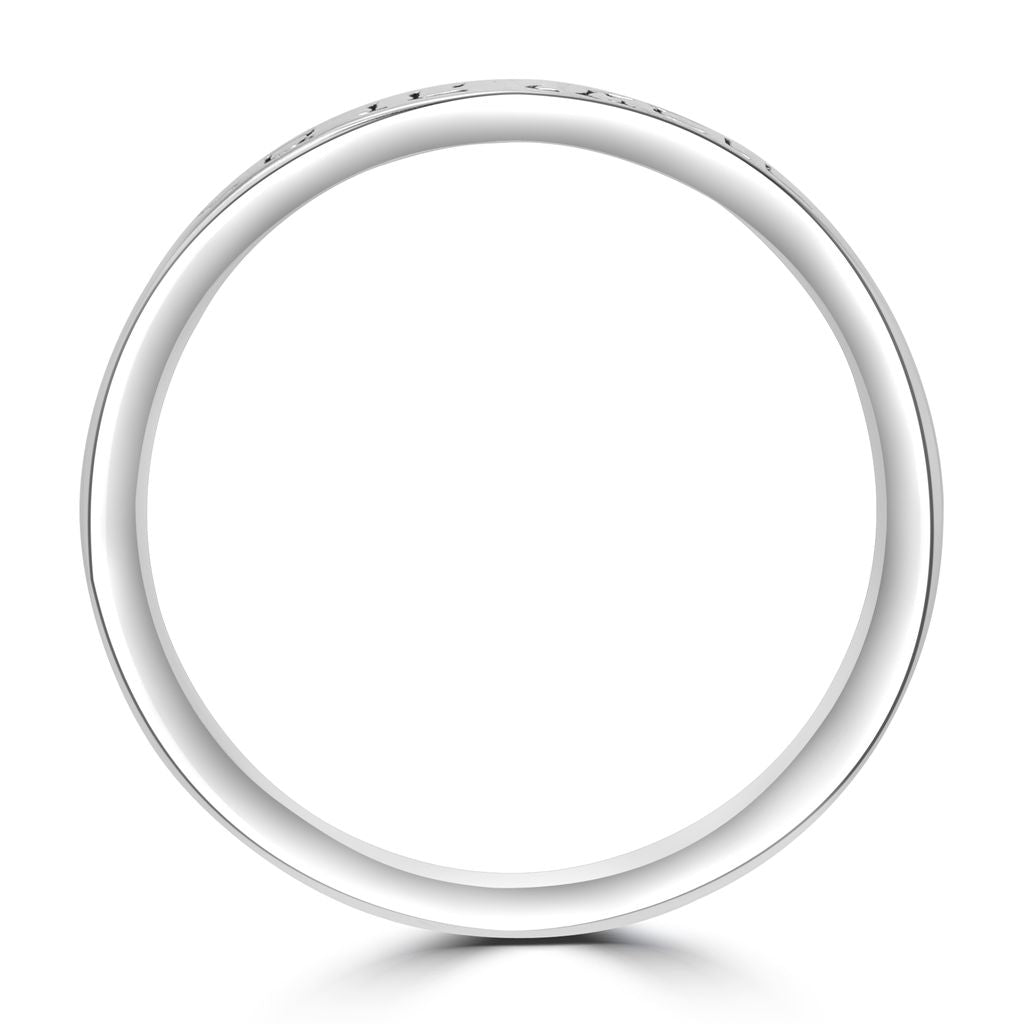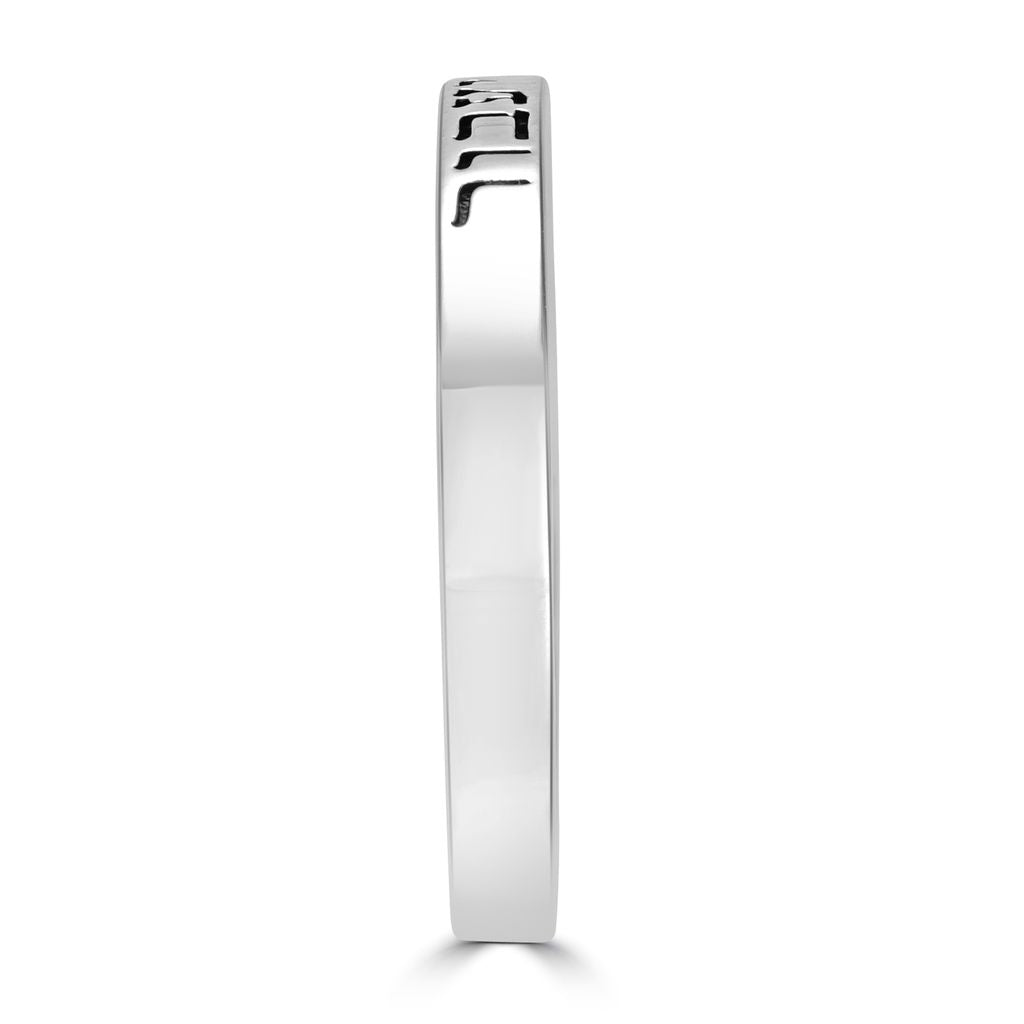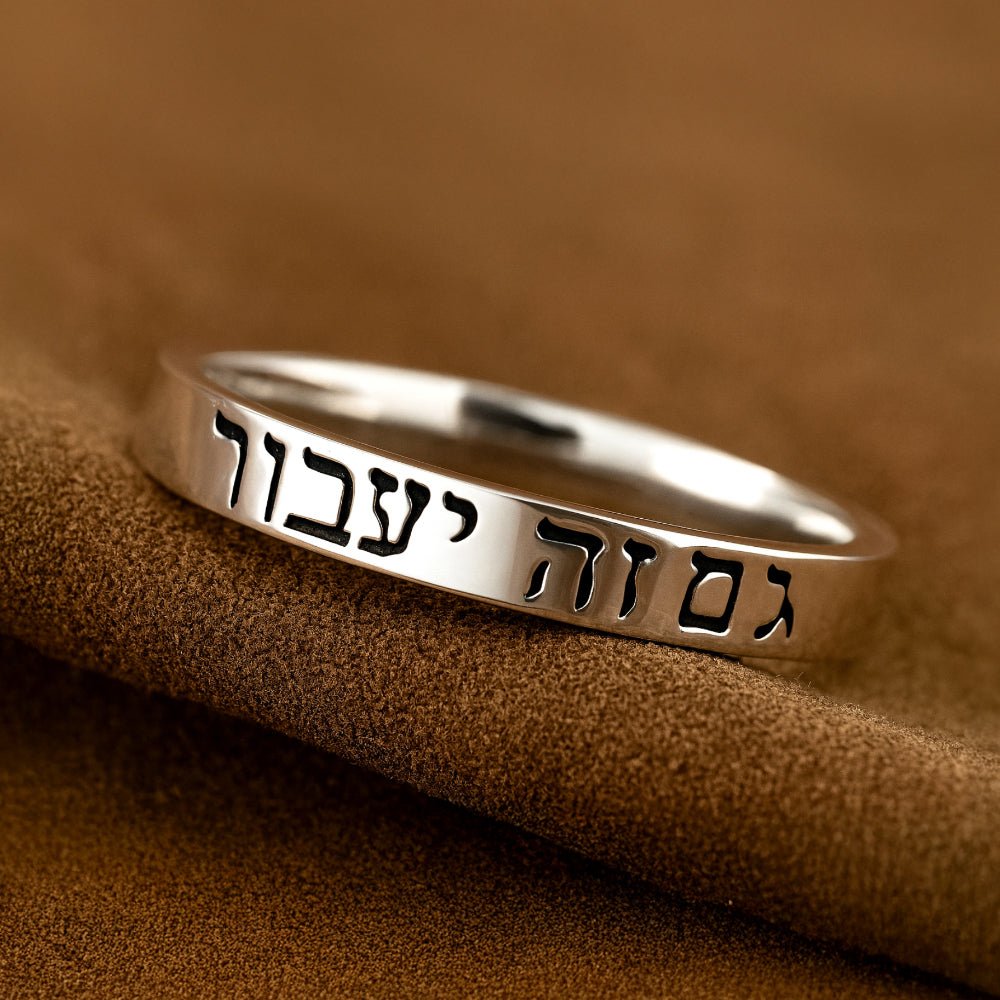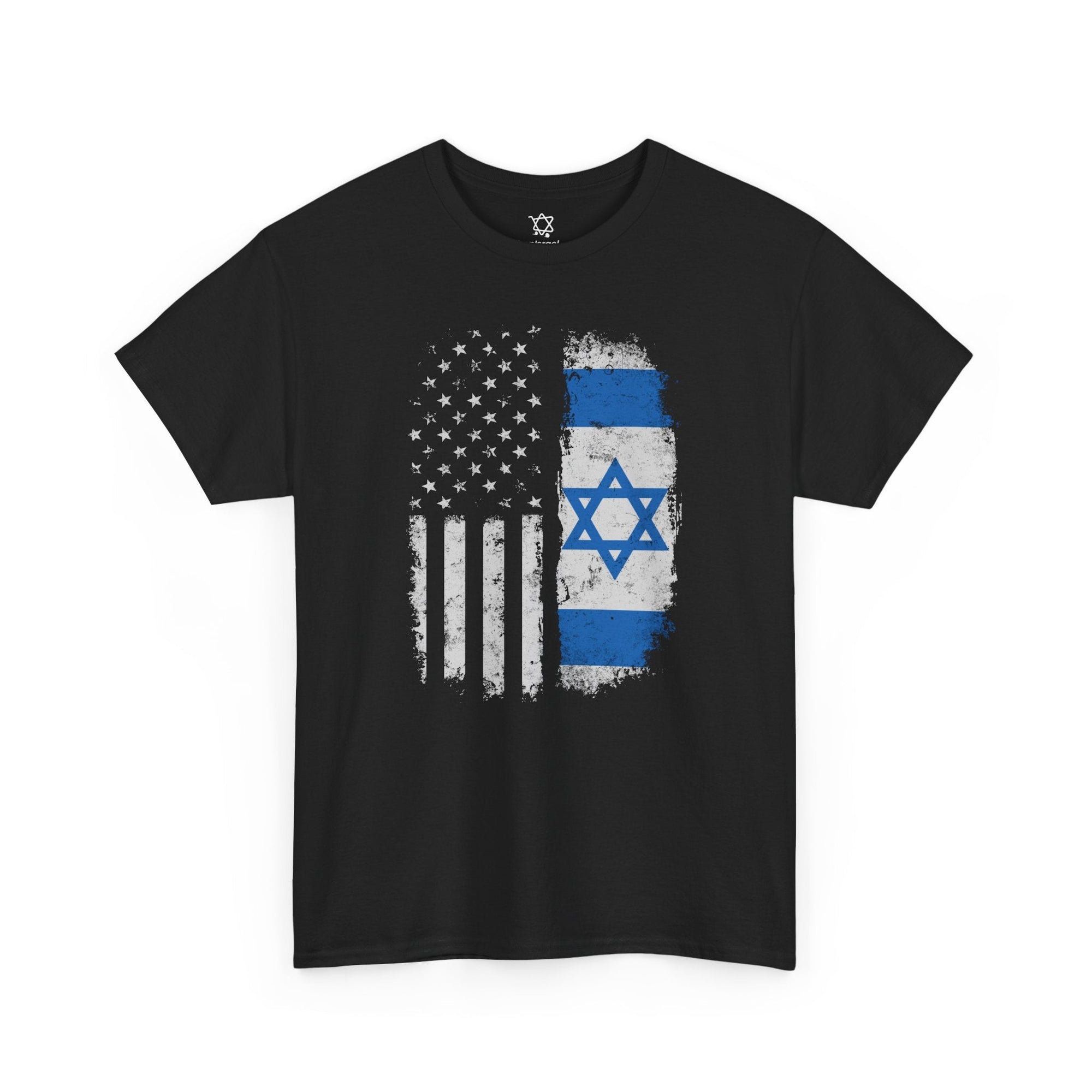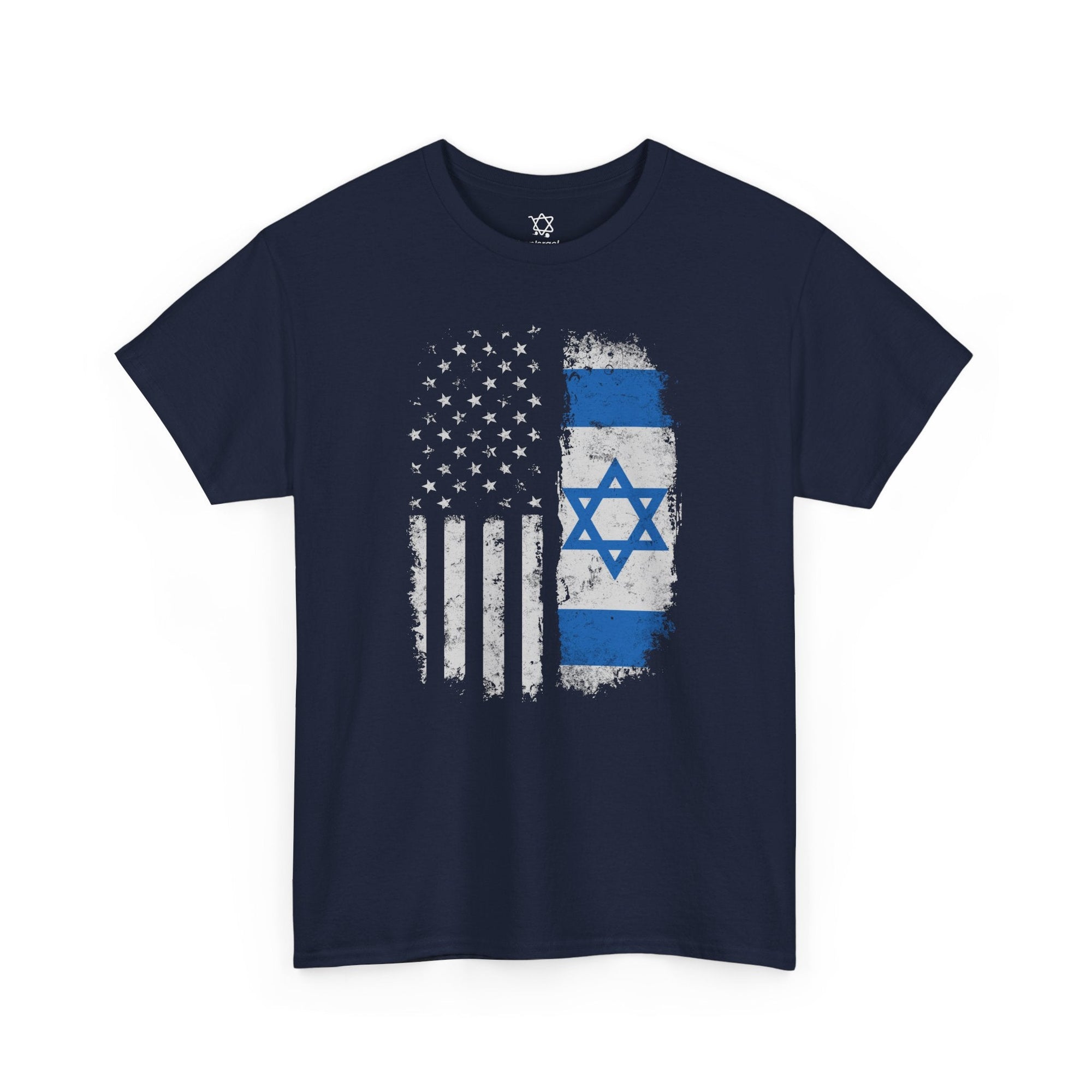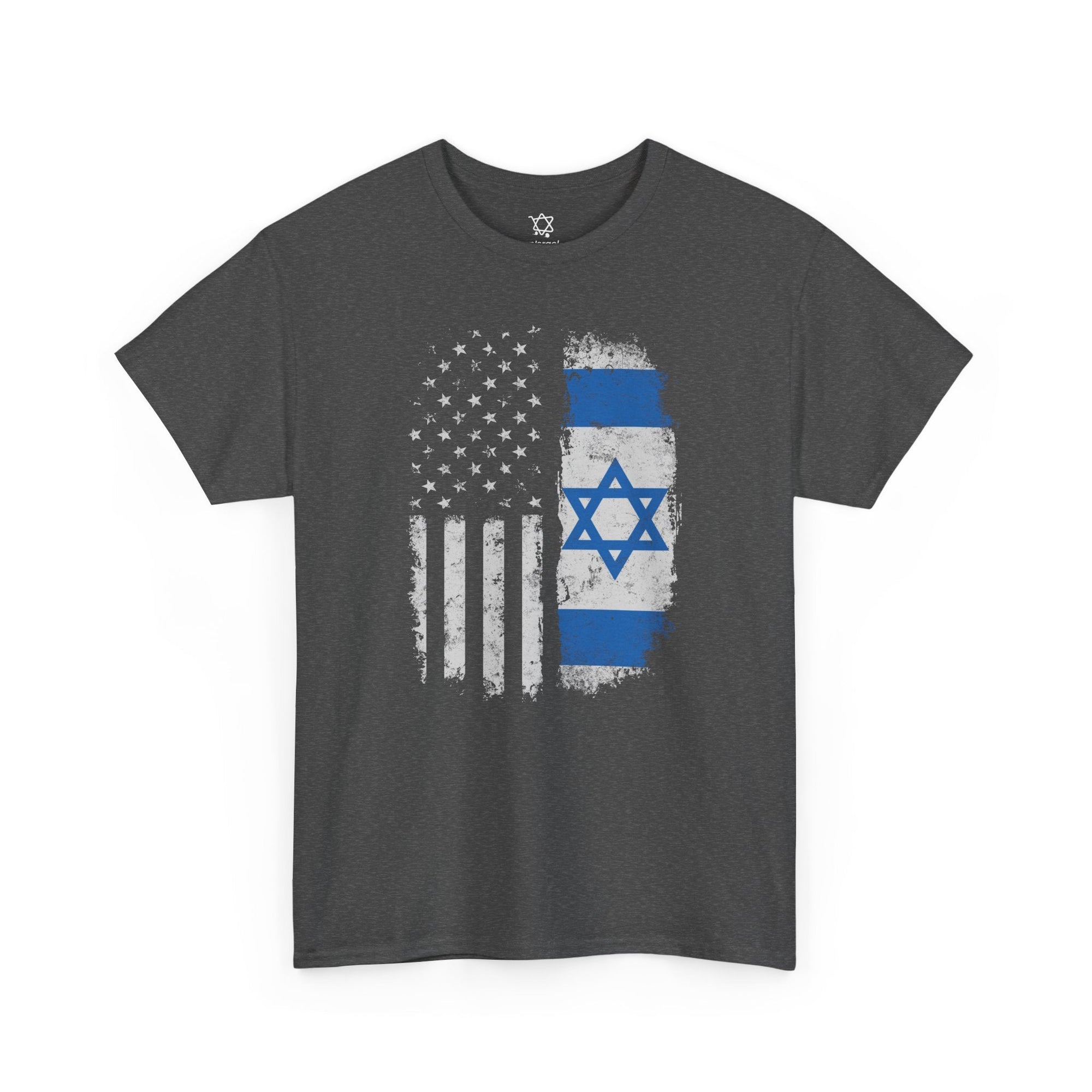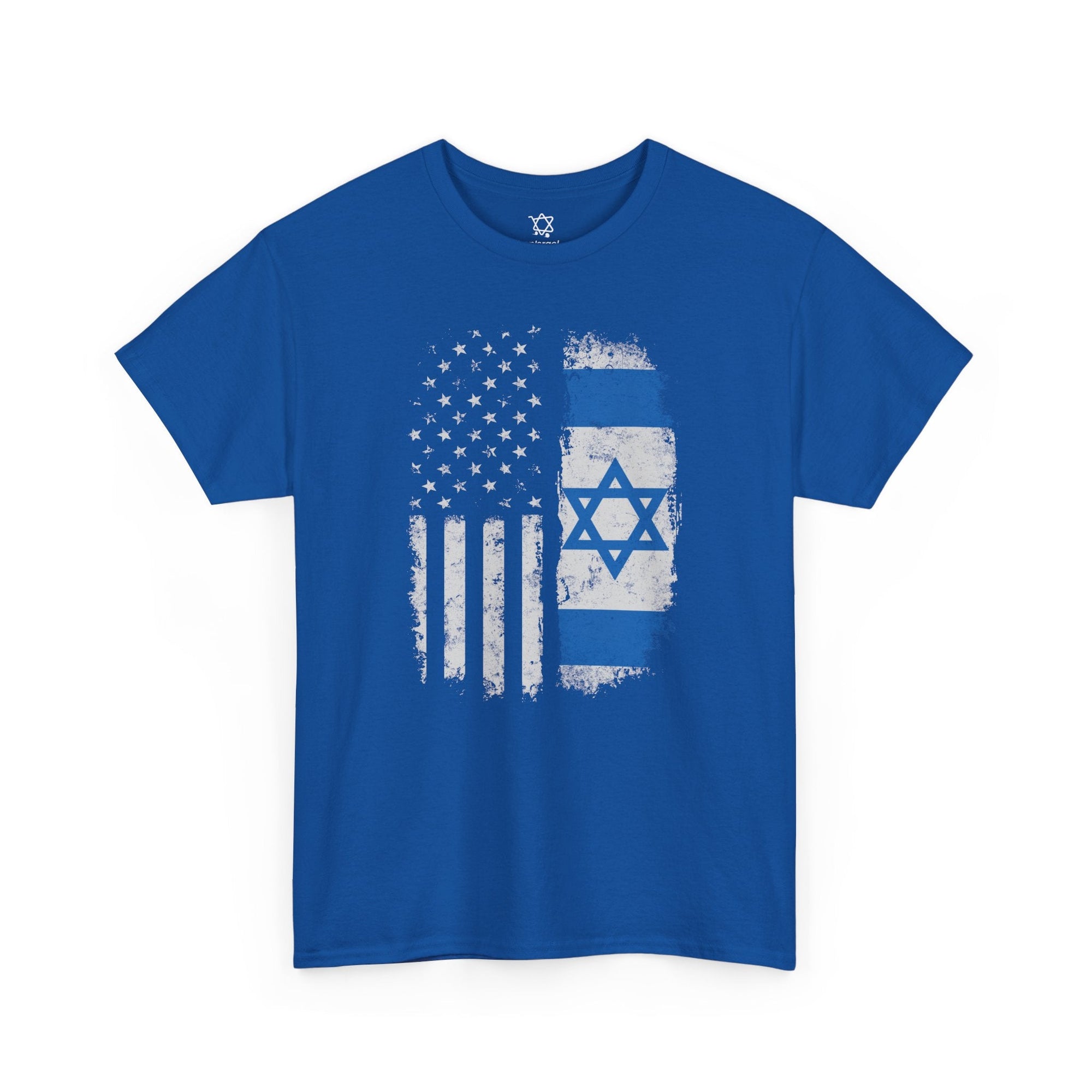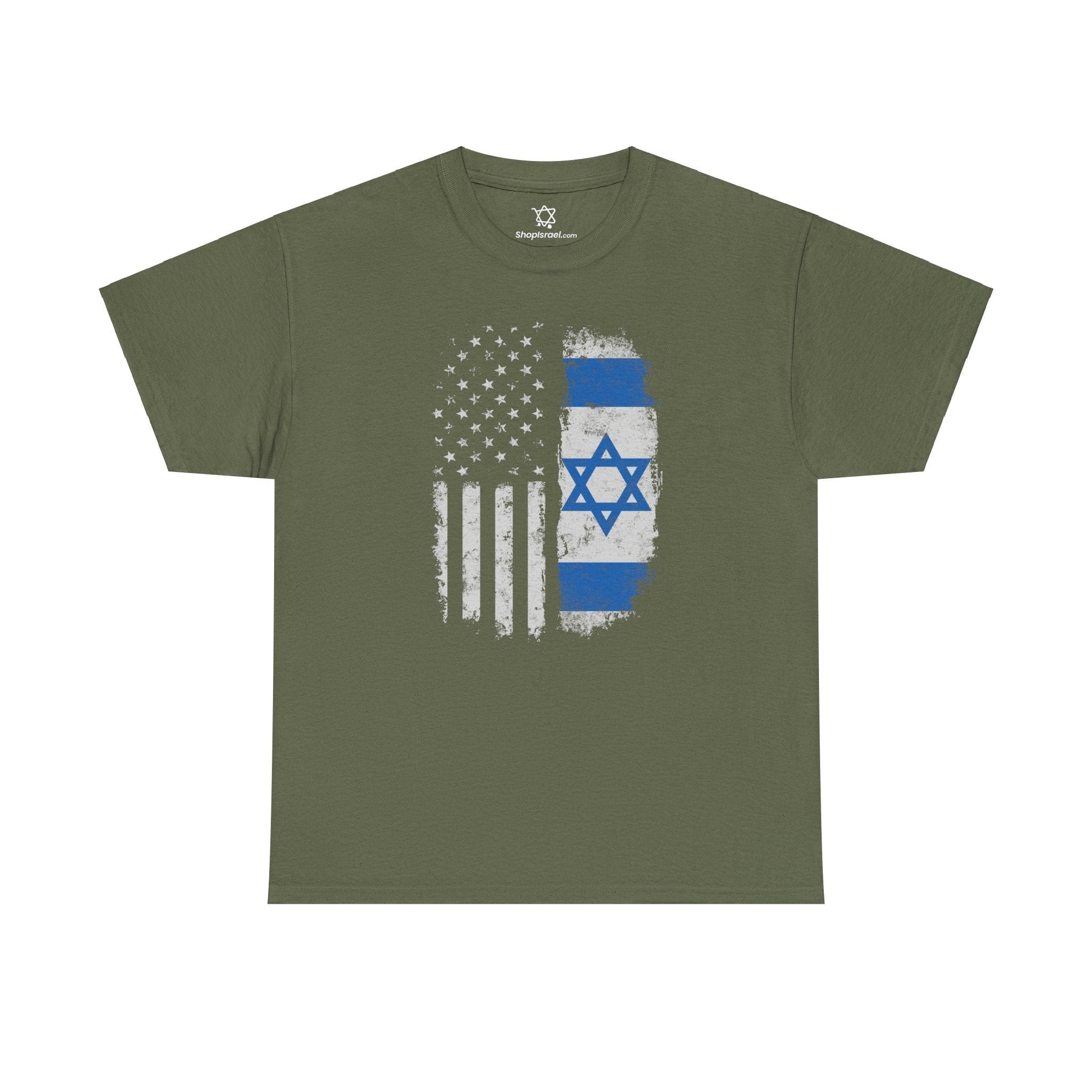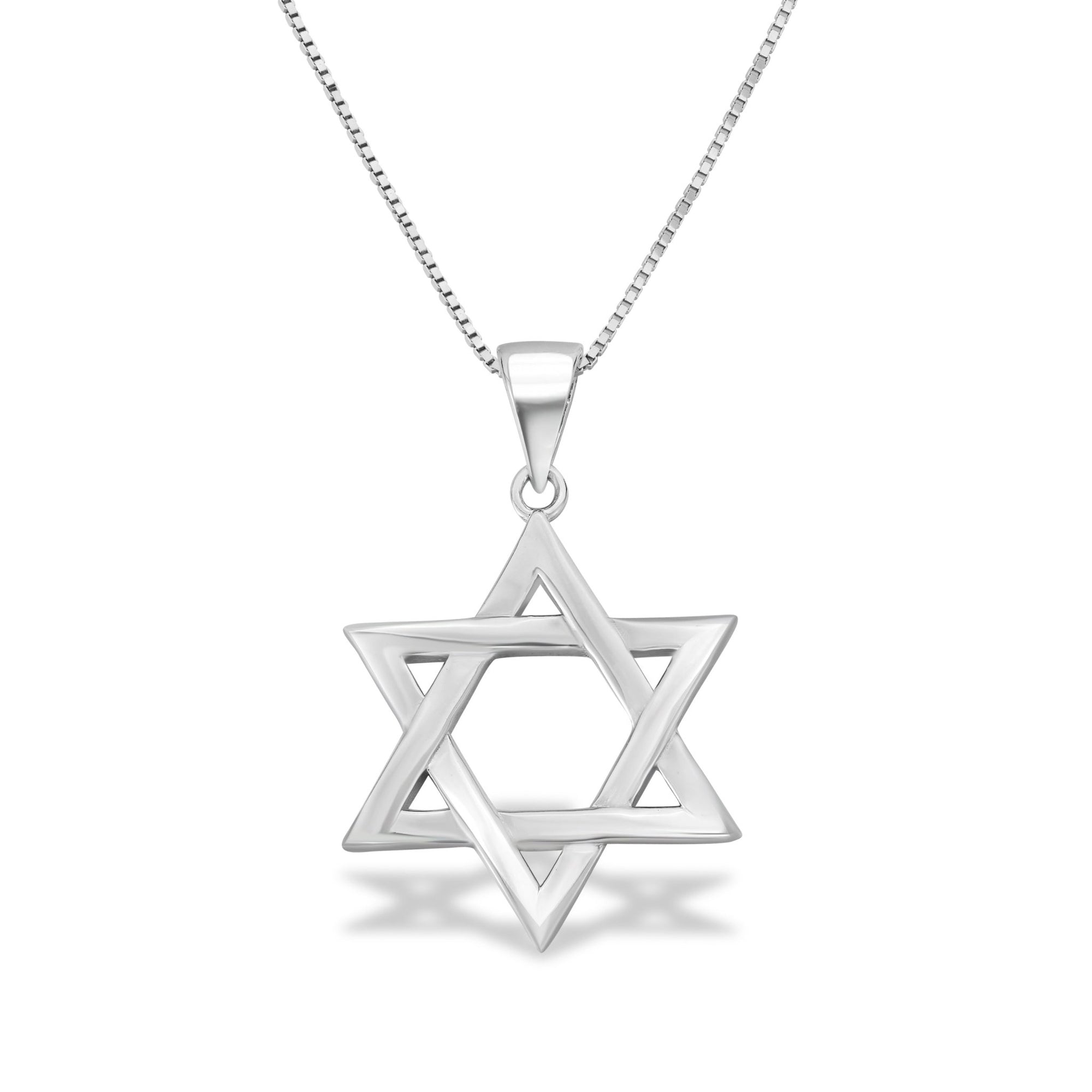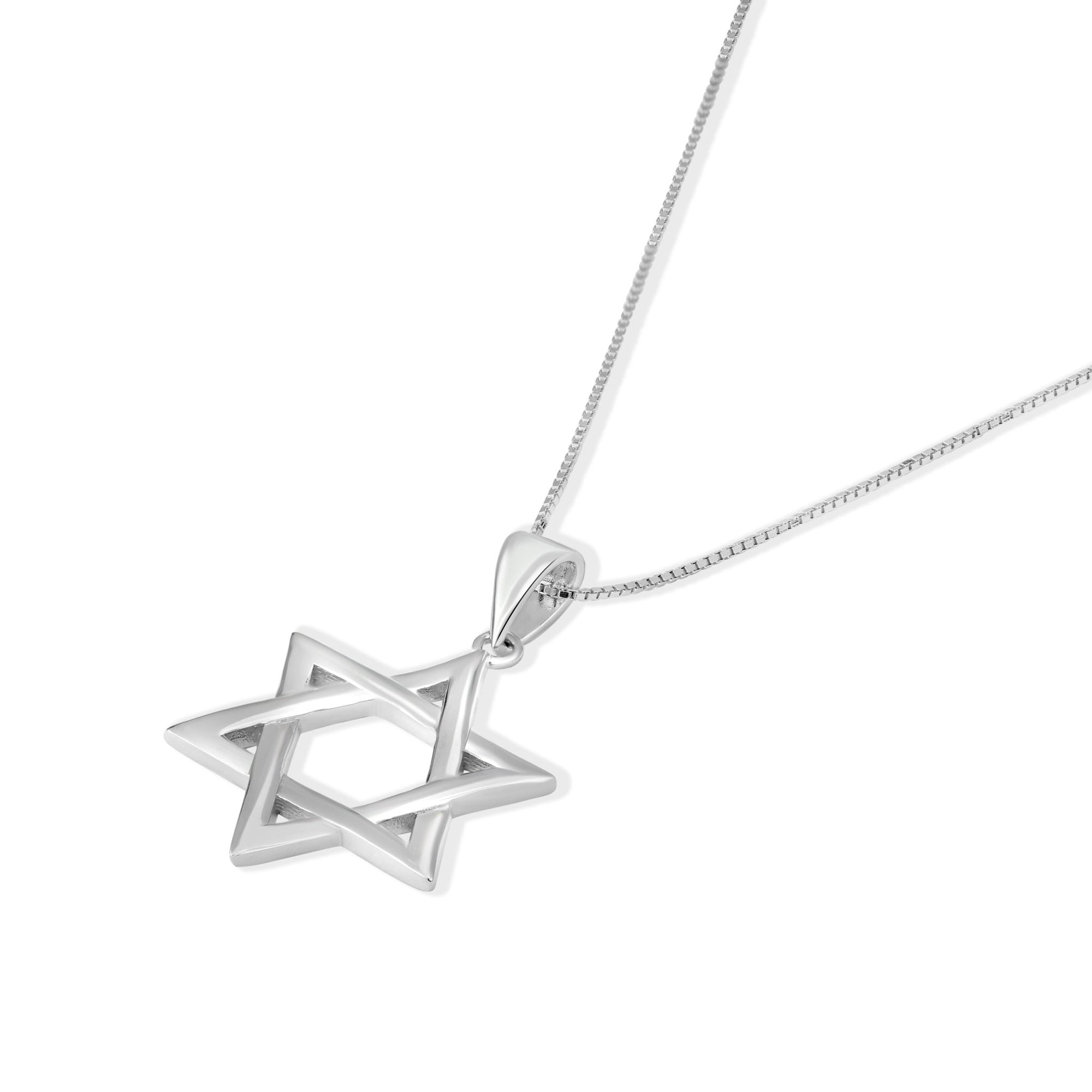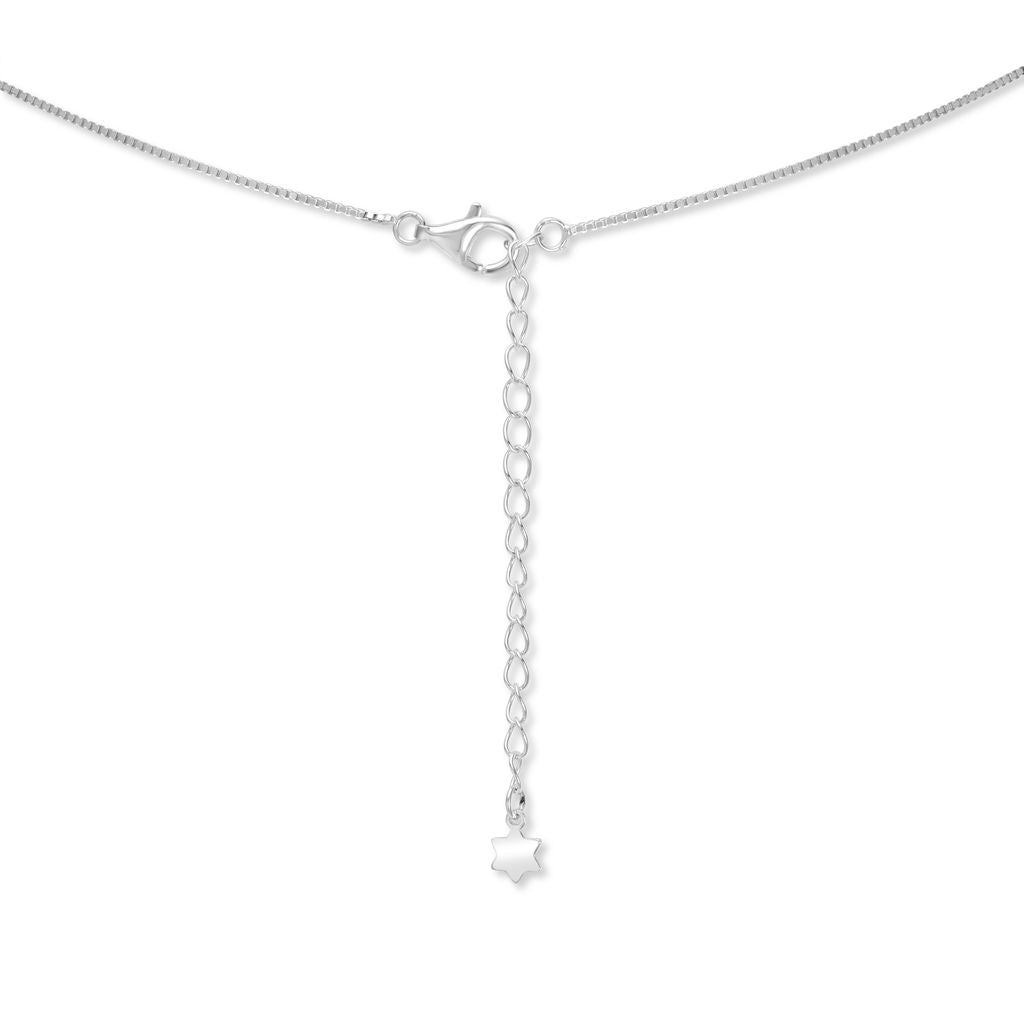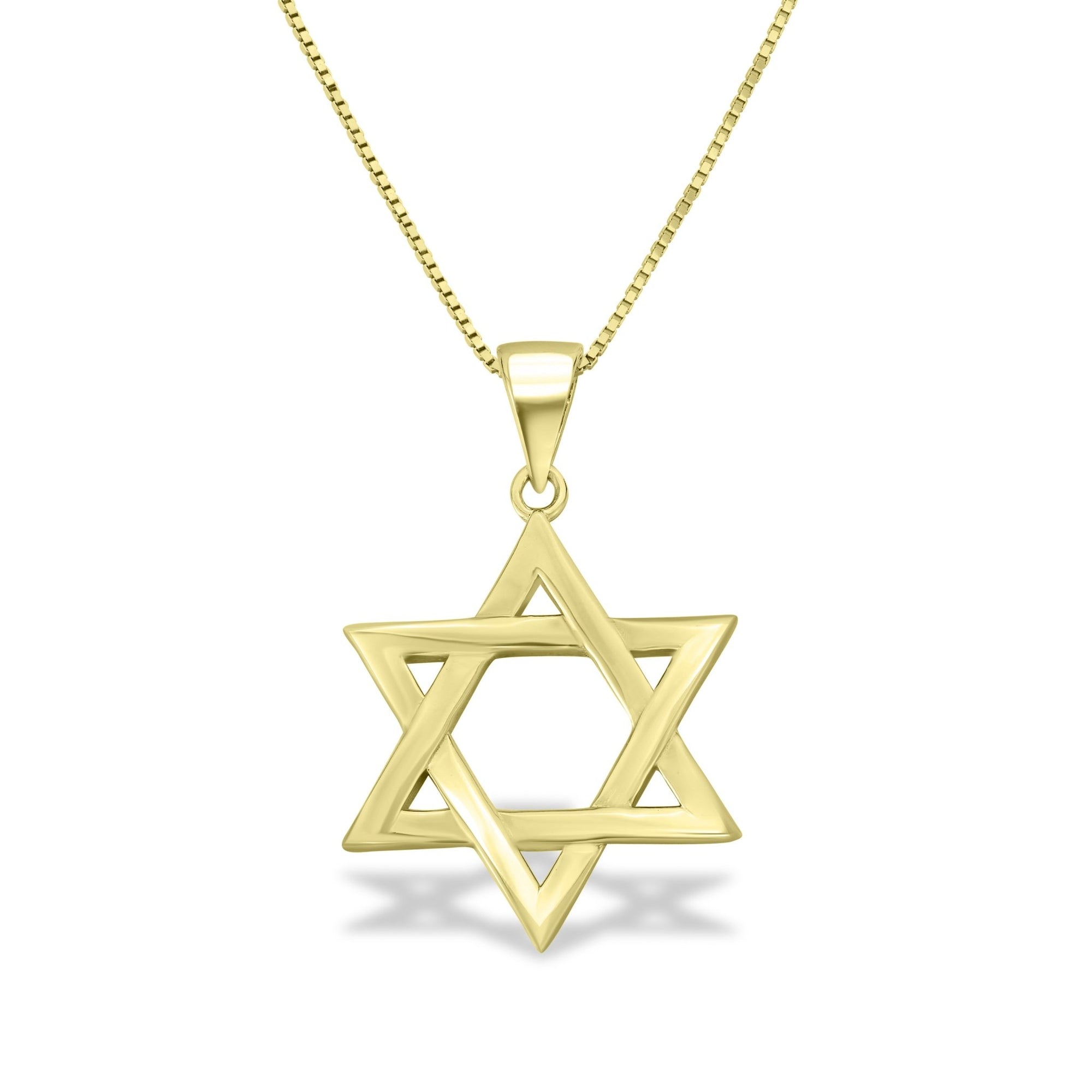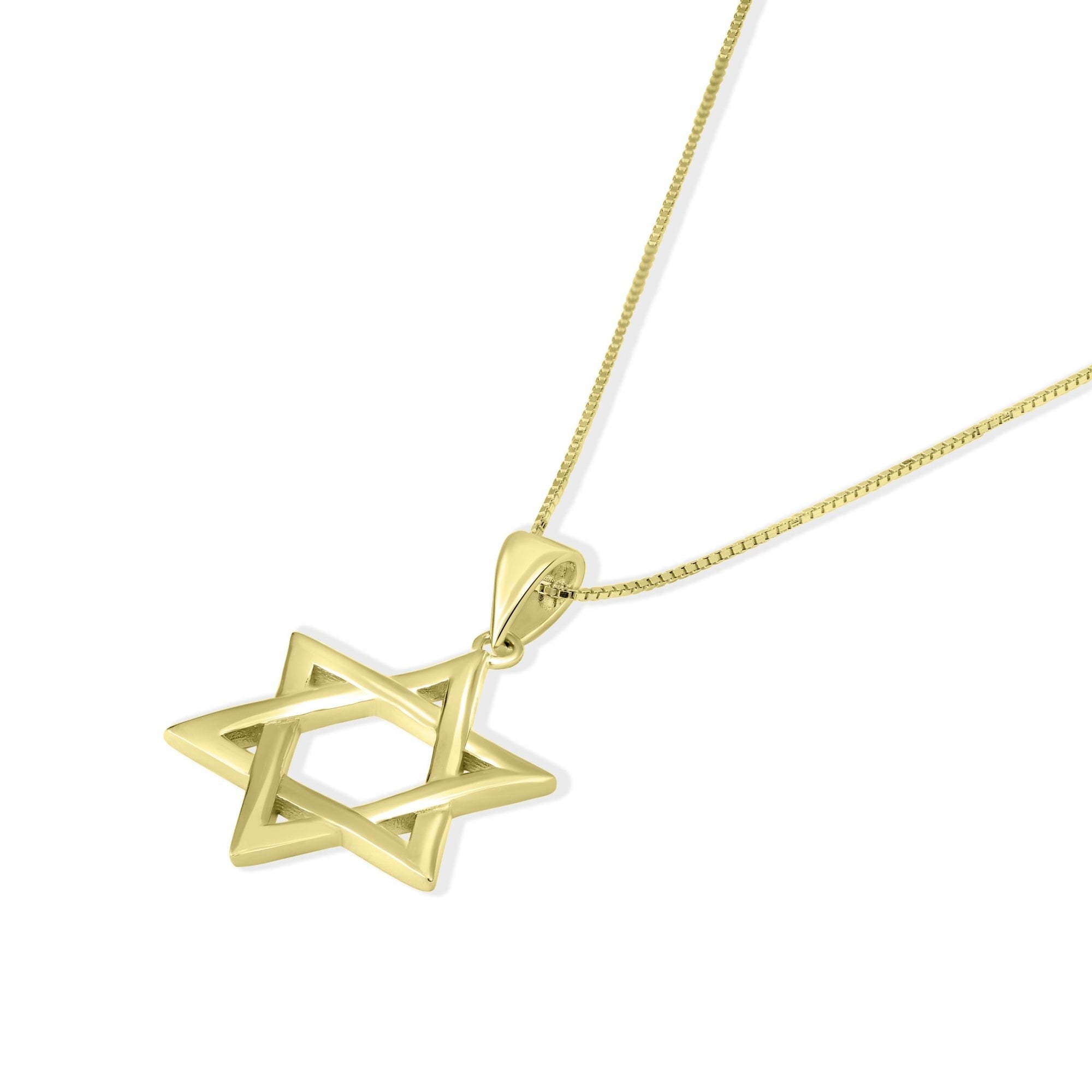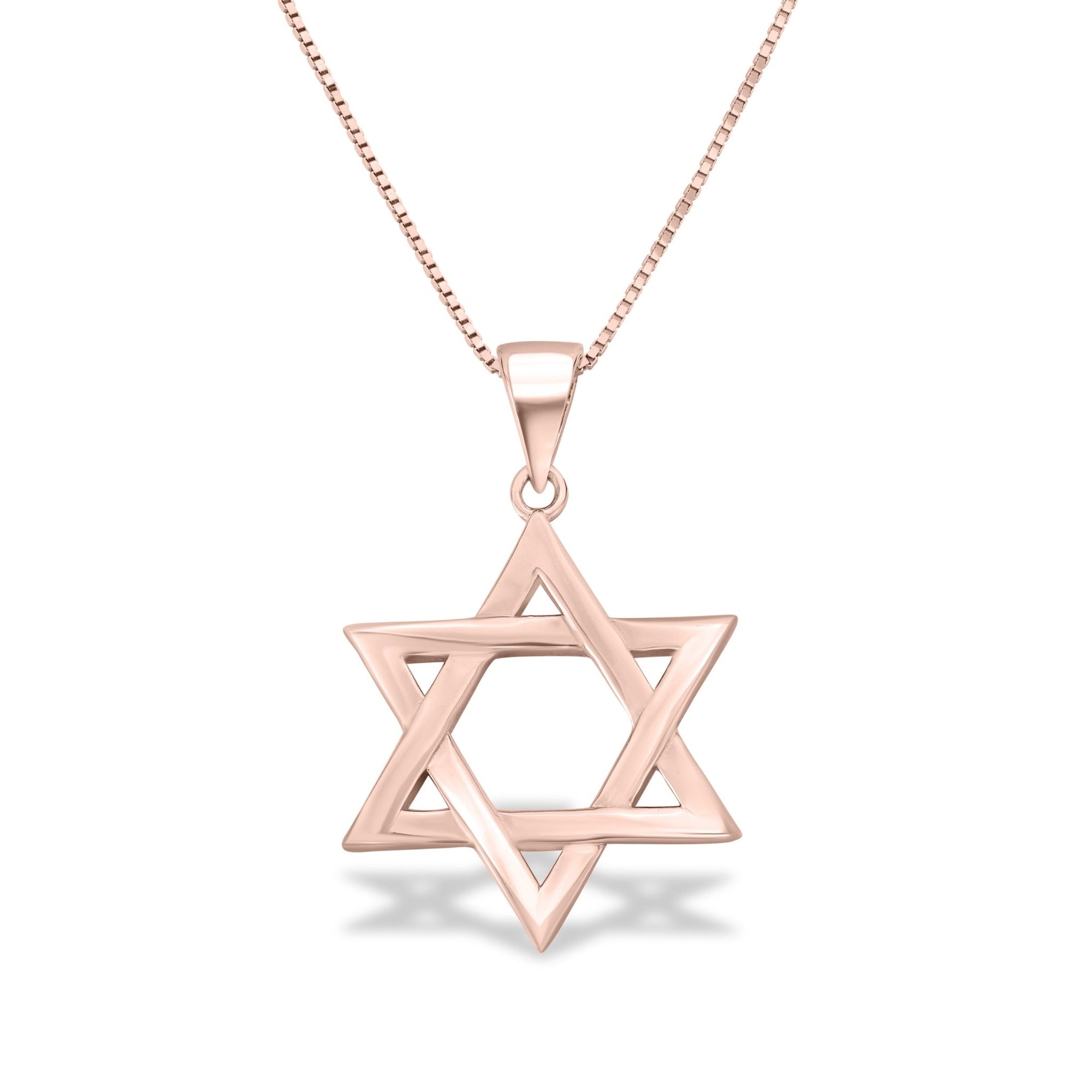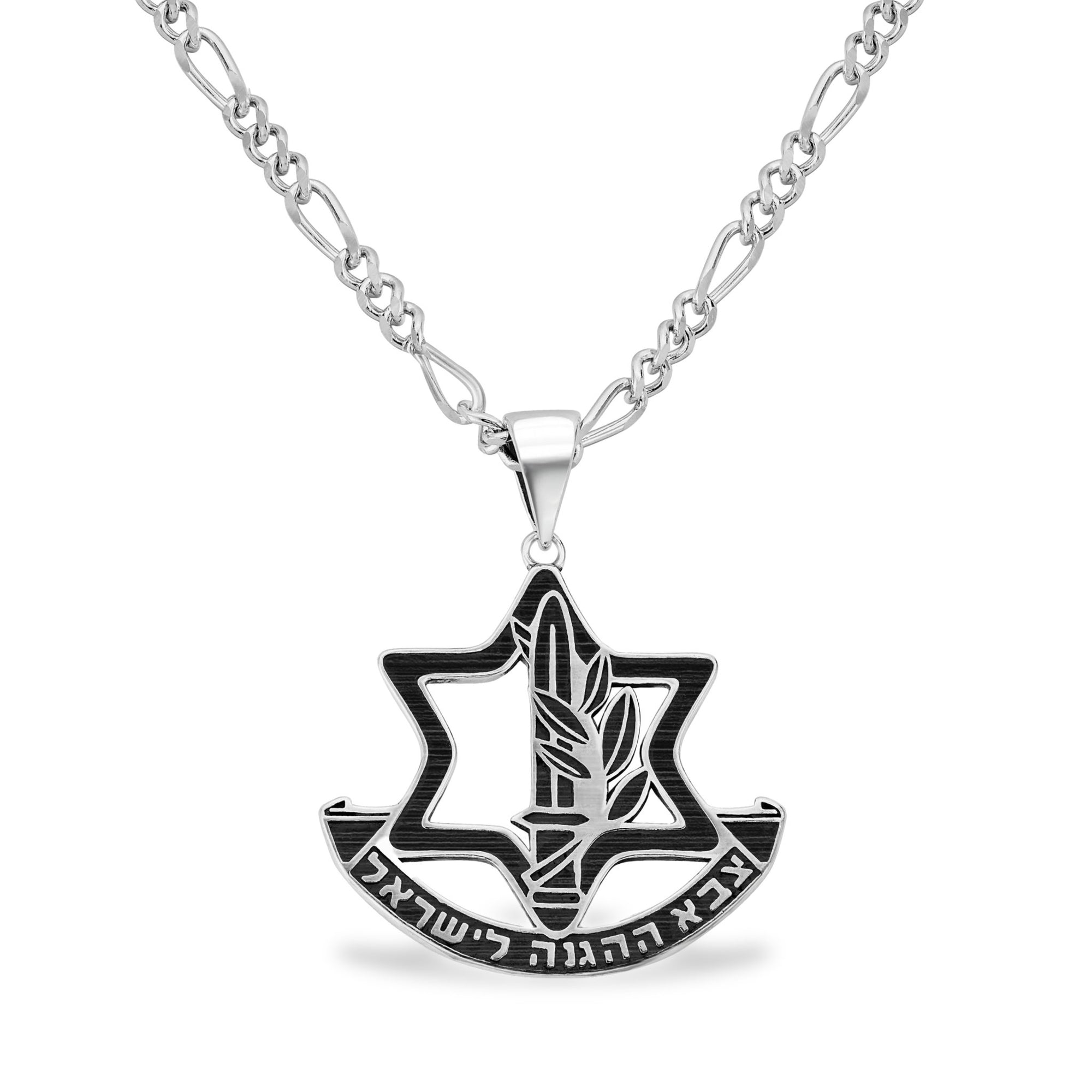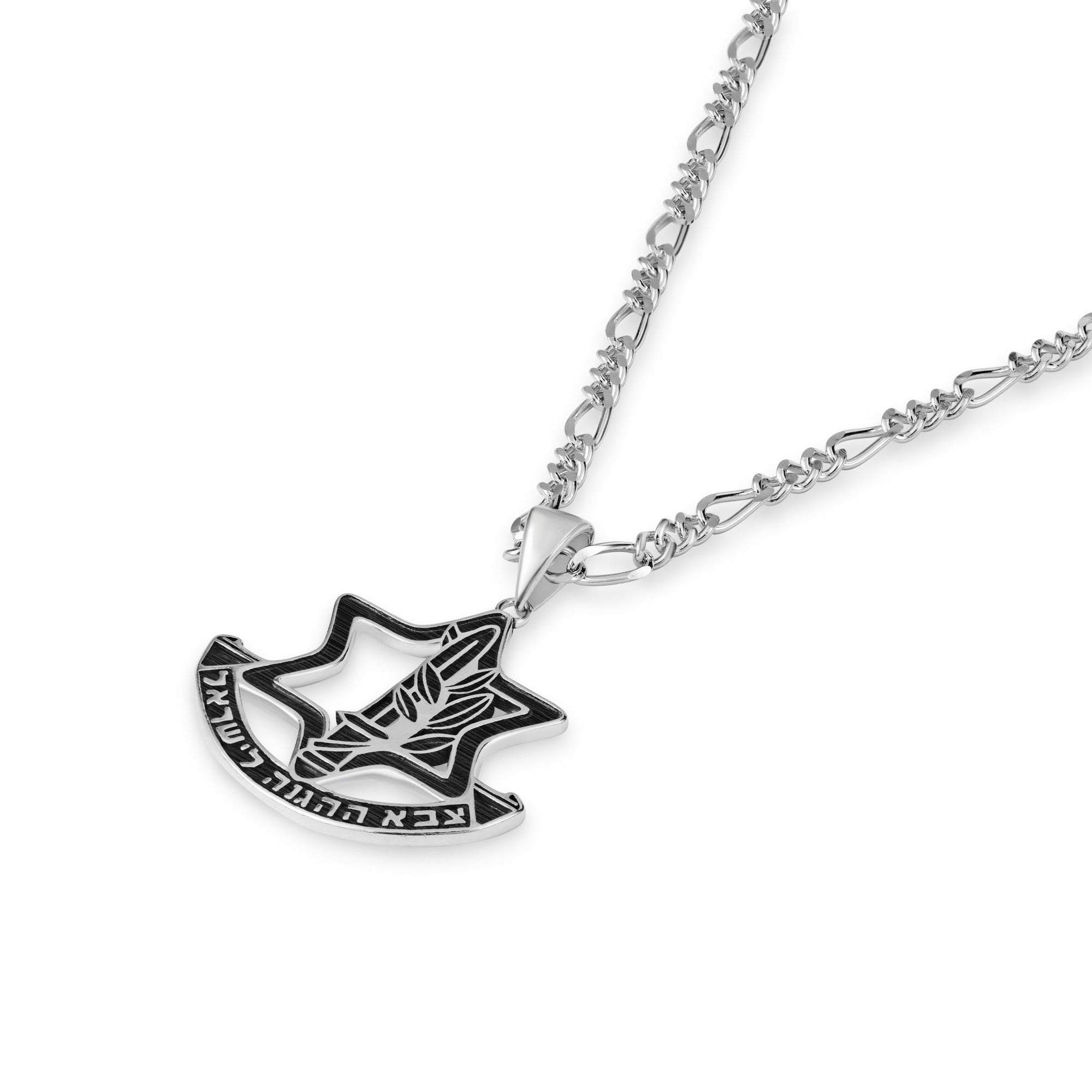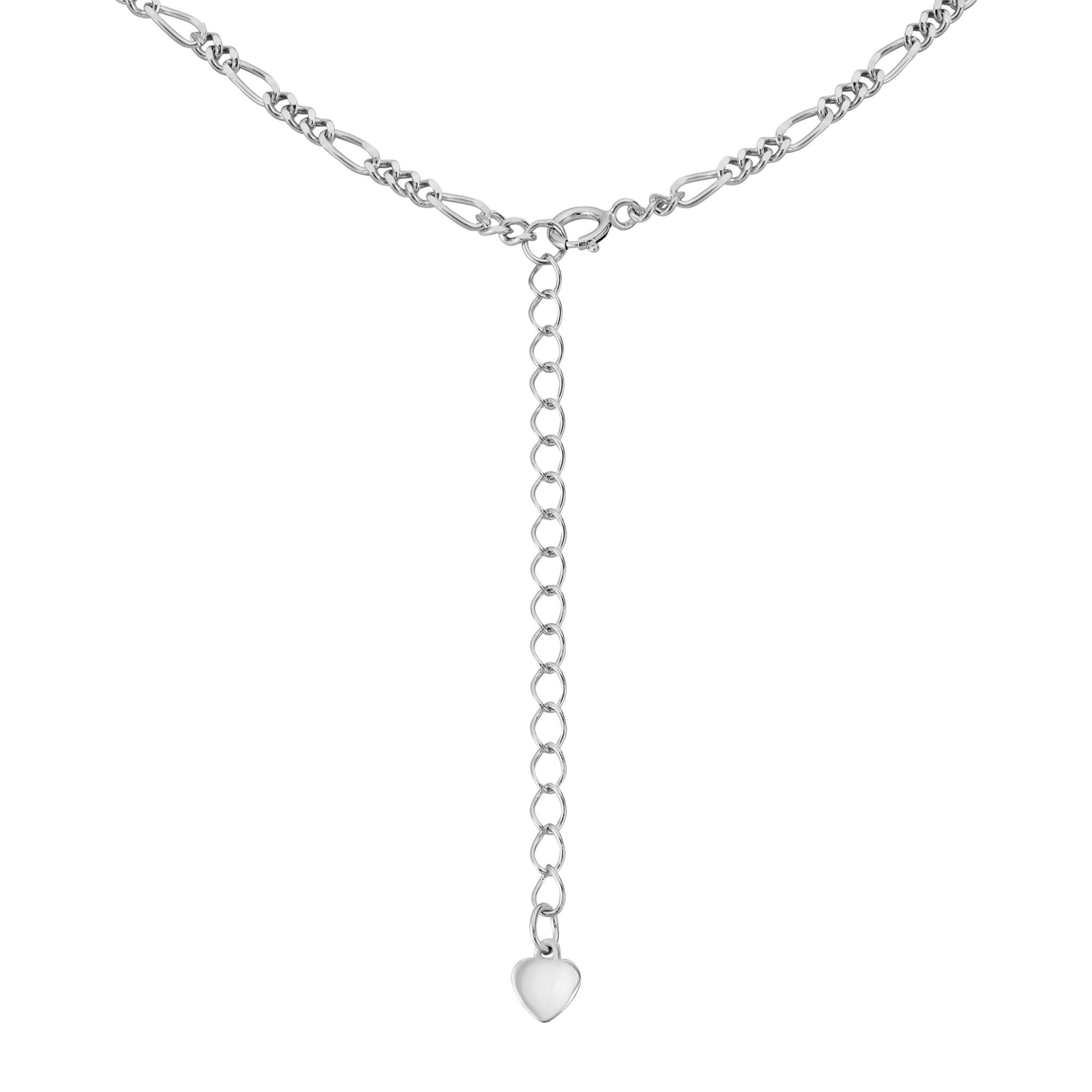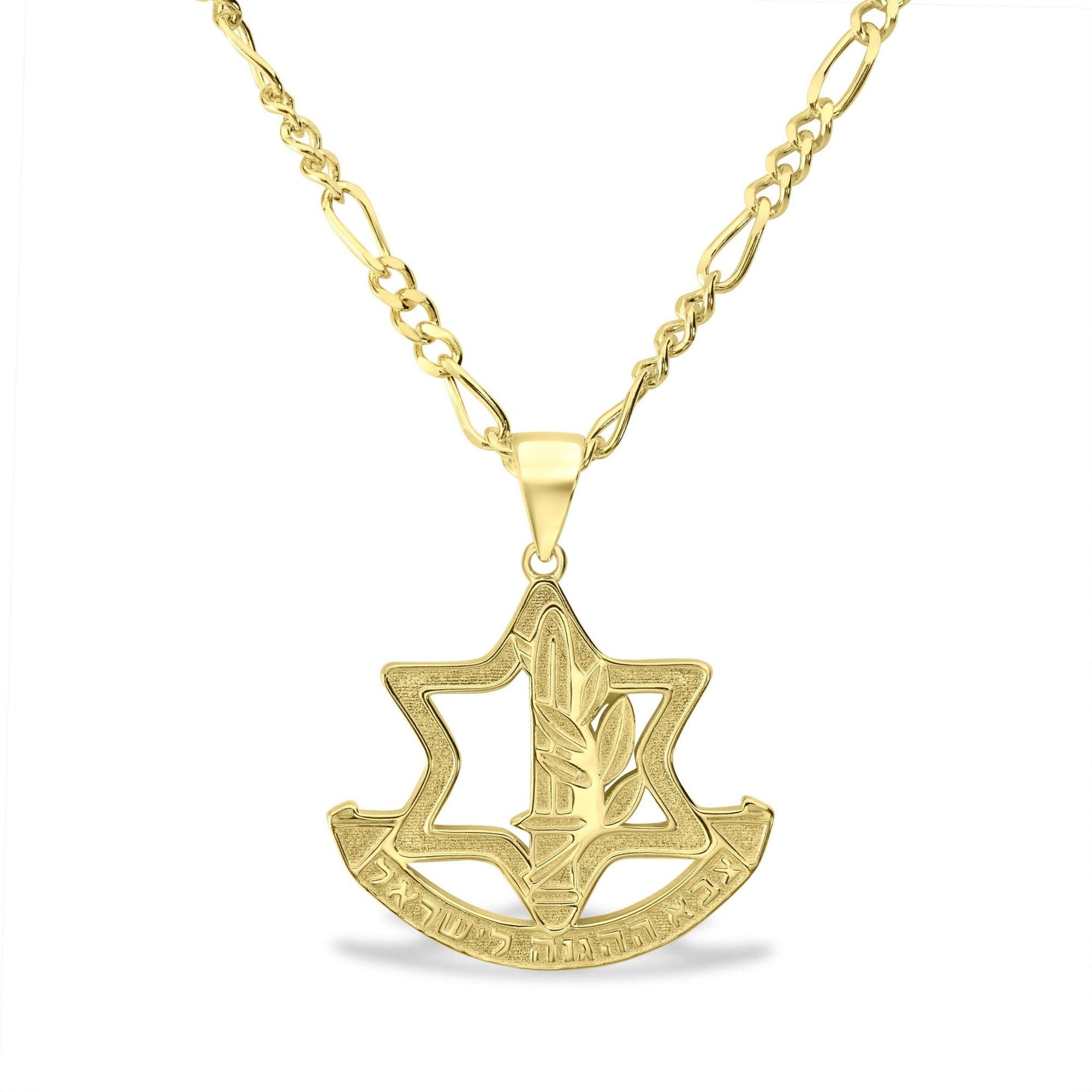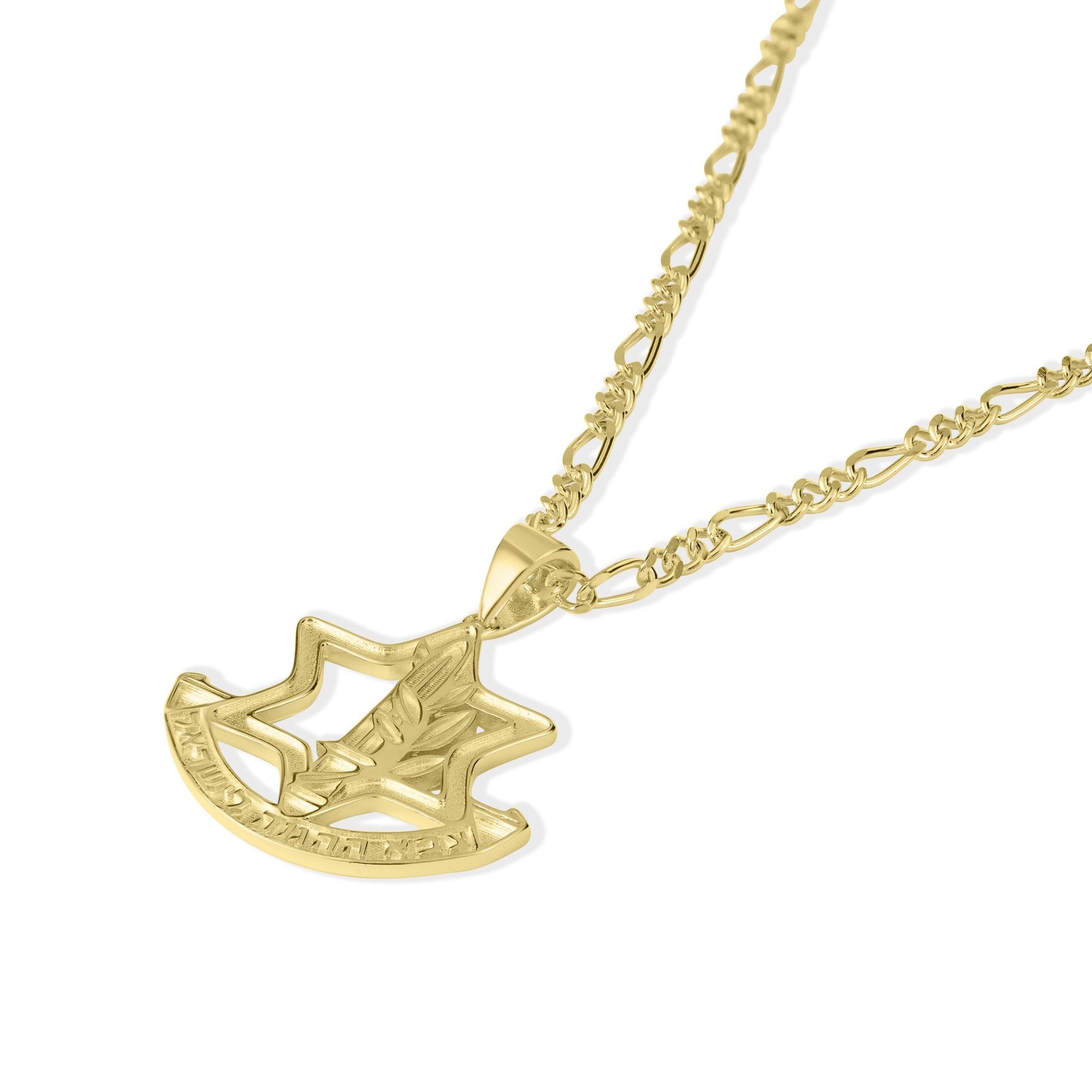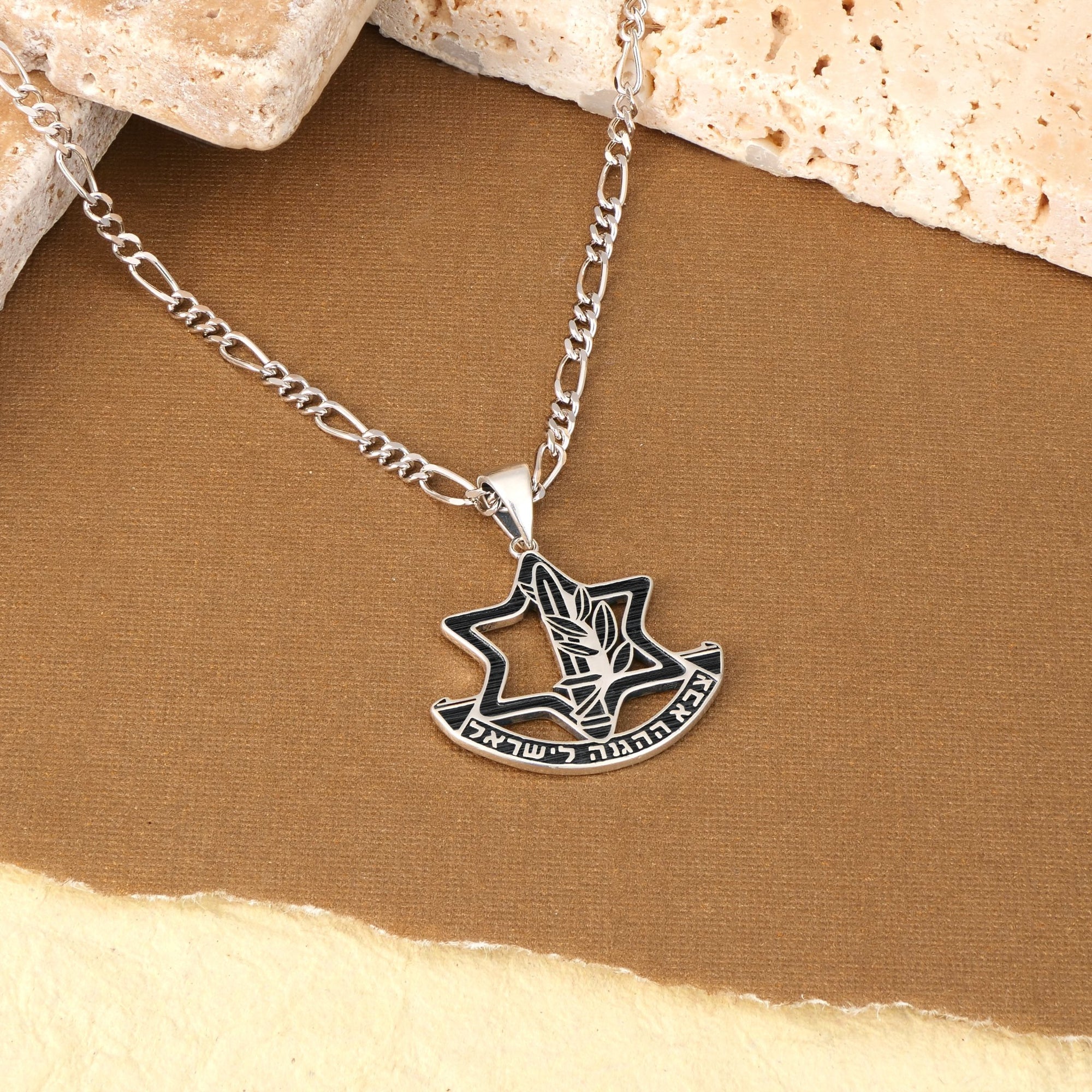The Lion of Judah: Symbol of Strength, Leadership, and Jewish Identity
Key Takeaways
- The Lion of Judah represents strength, courage, and the divine authority of the Jewish people and their leaders.
- Rooted in biblical tradition, it symbolizes the tribe of Judah and its prominent role in Jewish history.
- The lion is a key emblem of Jerusalem, reflecting its spiritual and historical significance as the eternal capital of the Jewish people.

What is the Lion of Judah?
The Lion of Judah is a symbol deeply embedded in Jewish tradition and history, often associated with the biblical tribe of Judah. The lion embodies qualities of strength, leadership, and divine protection. In modern times, it has become an emblem of Jewish identity, spirituality, and the city of Jerusalem.
The imagery of the Lion of Judah appears in biblical texts, art, and heraldry, making it one of the most enduring and recognizable symbols of Jewish heritage.
Historical Context
The Lion of Judah’s origins date back to the Bible, where it is closely tied to the tribe of Judah.
The Tribe of Judah
The tribe of Judah was one of the 12 tribes of Israel, descended from Judah, the fourth son of Jacob and Leah. Judah was blessed by his father, Jacob, with a prophecy in Genesis 49:9-10, which describes Judah as a lion:
"Judah is a lion's cub; from the prey, my son, you have gone up... The scepter shall not depart from Judah."
This passage established the lion as the symbol of Judah’s tribe, signifying its leadership and royal lineage. King David, Israel’s most famous monarch, hailed from the tribe of Judah, solidifying its association with kingship.
Symbol of the Davidic Dynasty
The Lion of Judah became synonymous with the Davidic line of kings, from whom the Jewish Messiah is prophesied to descend. This connection imbues the symbol with messianic hope, representing the ultimate redemption and the restoration of Jewish sovereignty.
Medieval and Modern Use
Throughout Jewish history, the Lion of Judah was used in art and manuscripts, often as a protective symbol. In modern times, it was adopted by Zionist movements and became an emblem of Jewish pride and resilience. Today, it is prominently featured on the municipal emblem of Jerusalem, linking it to the city’s heritage as the historical and spiritual heart of Judaism.
Symbolic Interpretations
The Lion of Judah carries multiple layers of meaning, each reflecting a vital aspect of Jewish life and spirituality.
Strength and Courage
As the "king of beasts," the lion symbolizes unparalleled strength and courage. This aligns with the role of the tribe of Judah and its descendants as leaders and defenders of the Jewish people.
Divine Kingship
The lion reflects the divine right of leadership bestowed upon Judah’s lineage. This royal symbolism was fulfilled in the reign of King David and serves as a reminder of the Jewish people’s covenant with God.
Redemption and Messianic Hope
The Lion of Judah is associated with the Messiah, who is expected to emerge from the Davidic line. This connection gives the lion a redemptive quality, representing hope for a future of peace, justice, and spiritual fulfillment.
Jerusalem and Jewish Identity
The Lion of Judah is a symbol of Jerusalem, the eternal capital of the Jewish people. Its presence on the city’s official emblem underscores the enduring link between the lion and Jewish sovereignty.

Cultural and Religious Significance
The Lion of Judah appears prominently in Jewish culture, linking ancient traditions with modern expressions of identity.
Jerusalem’s Emblem
The municipal emblem of Jerusalem features a lion standing in front of the city’s iconic Western Wall, surrounded by olive branches. This design represents Jerusalem’s strength, resilience, and status as a symbol of Jewish unity.
Jewish Art and Ritual
The Lion of Judah is a popular motif in Jewish art and ceremonial objects, including Torah ark curtains, synagogue decorations, and mezuzah cases. It often appears alongside inscriptions or imagery reinforcing its protective and spiritual significance.
Modern Zionism
In the modern era, the Lion of Judah has been embraced by Zionist movements as a symbol of the Jewish people’s strength and determination to reclaim their homeland. It reflects the courage and resilience needed to rebuild the State of Israel.
Mystical and Spiritual Insights
In Kabbalistic thought, the Lion of Judah embodies both physical and spiritual power. The lion’s roar is often linked to divine strength, justice, and the voice of prophecy. Mystics also interpret the lion as a representation of gevurah (strength), one of the ten attributes in the Sephirot of the Tree of Life, balancing divine might with compassion.
The lion’s connection to the Messiah ties it to themes of redemption, highlighting the interplay between human effort and divine intervention in bringing about a better world.

Modern Global Use
The Lion of Judah has transcended its biblical origins to become a universal symbol of Jewish strength and identity. Beyond Israel, it appears in Jewish communities worldwide, symbolizing pride in Jewish heritage and the enduring connection to Jerusalem. It also serves as a unifying emblem in interfaith contexts, where it is recognized as a symbol of moral courage and spiritual leadership.
Conclusion
The Lion of Judah is a timeless symbol of strength, leadership, and divine protection. Rooted in the Bible and deeply connected to the tribe of Judah, the Davidic dynasty, and the city of Jerusalem, it represents the resilience and spiritual heritage of the Jewish people. Whether seen in ancient texts, modern art, or the emblem of Jerusalem, the Lion of Judah roars as a powerful reminder of Jewish faith, identity, and hope for redemption.
